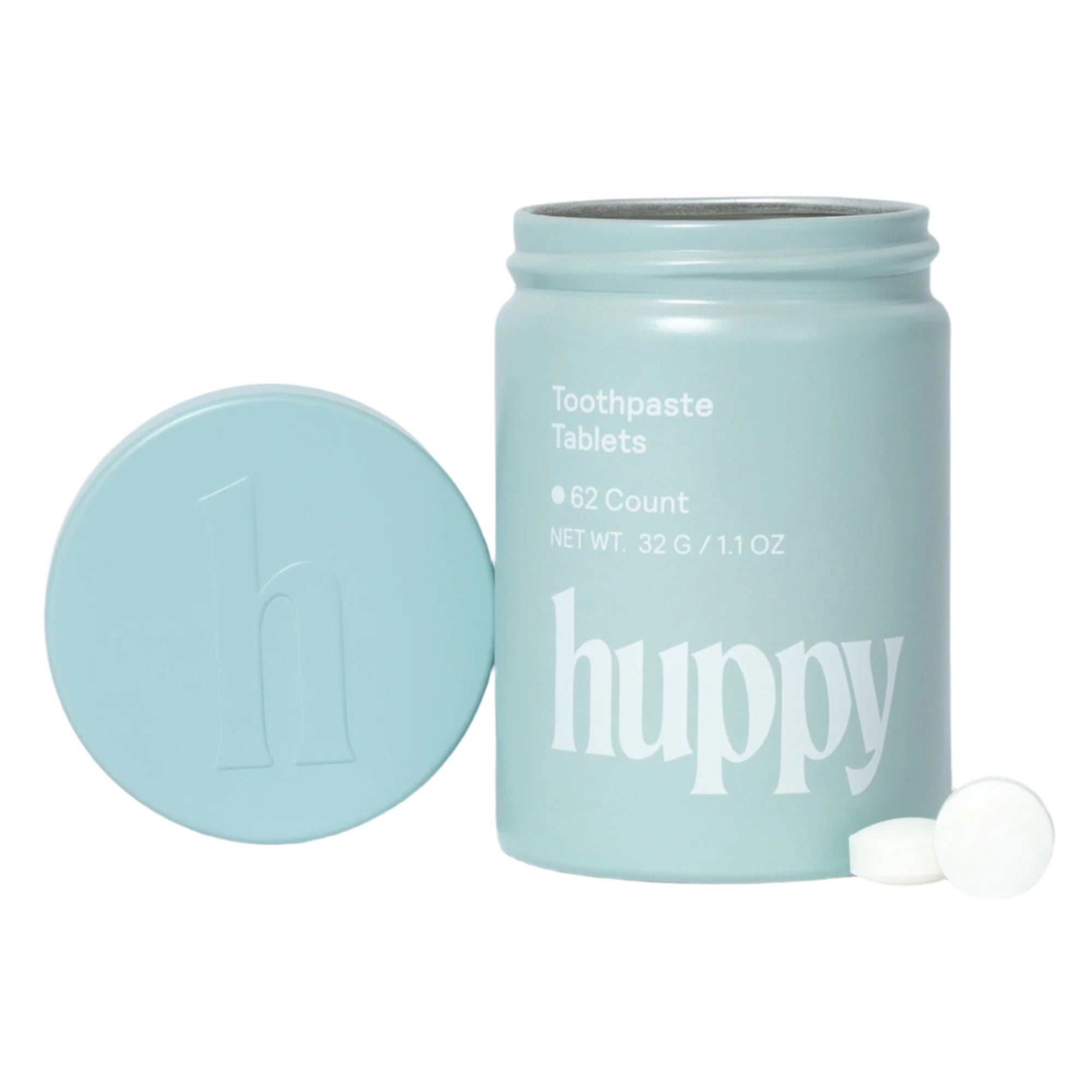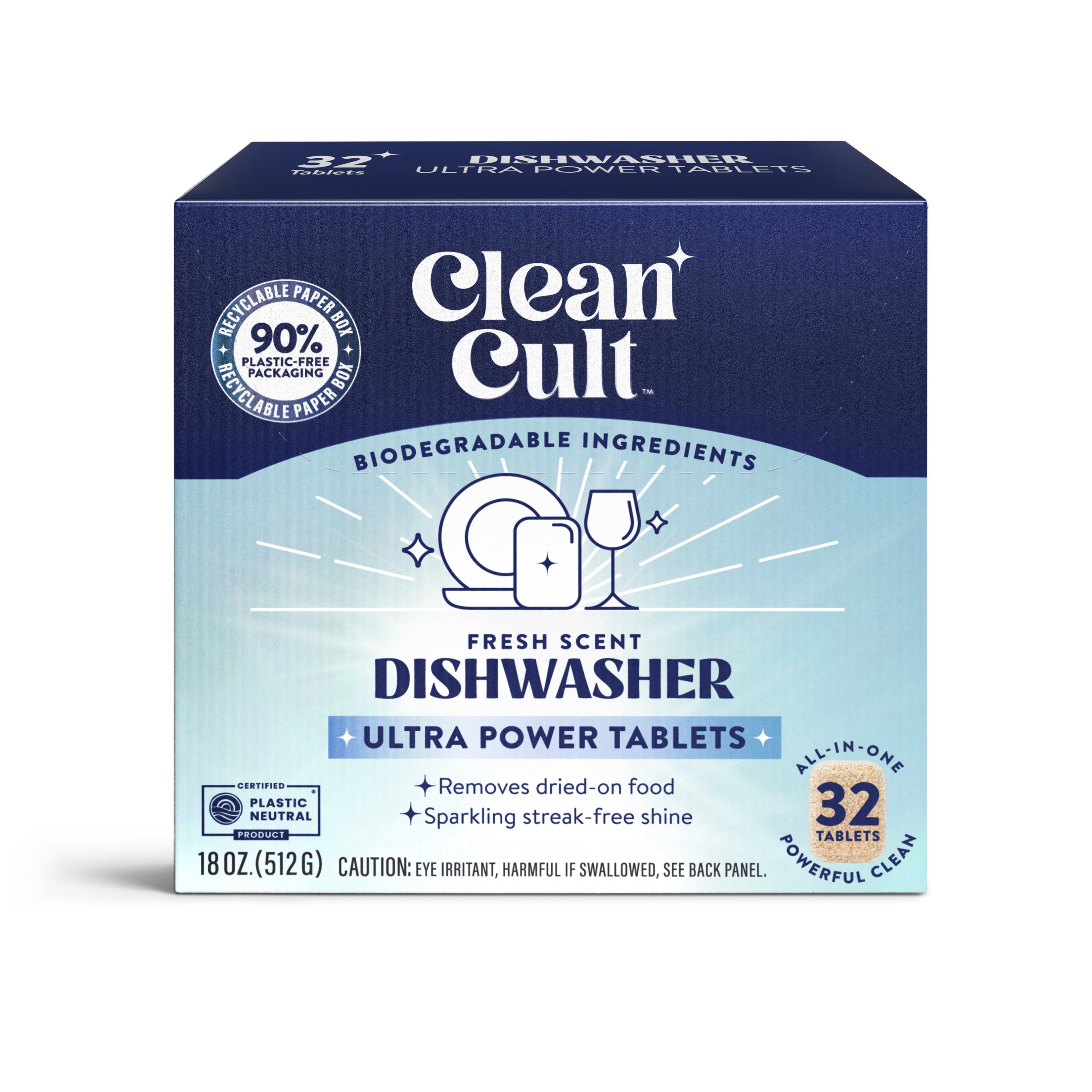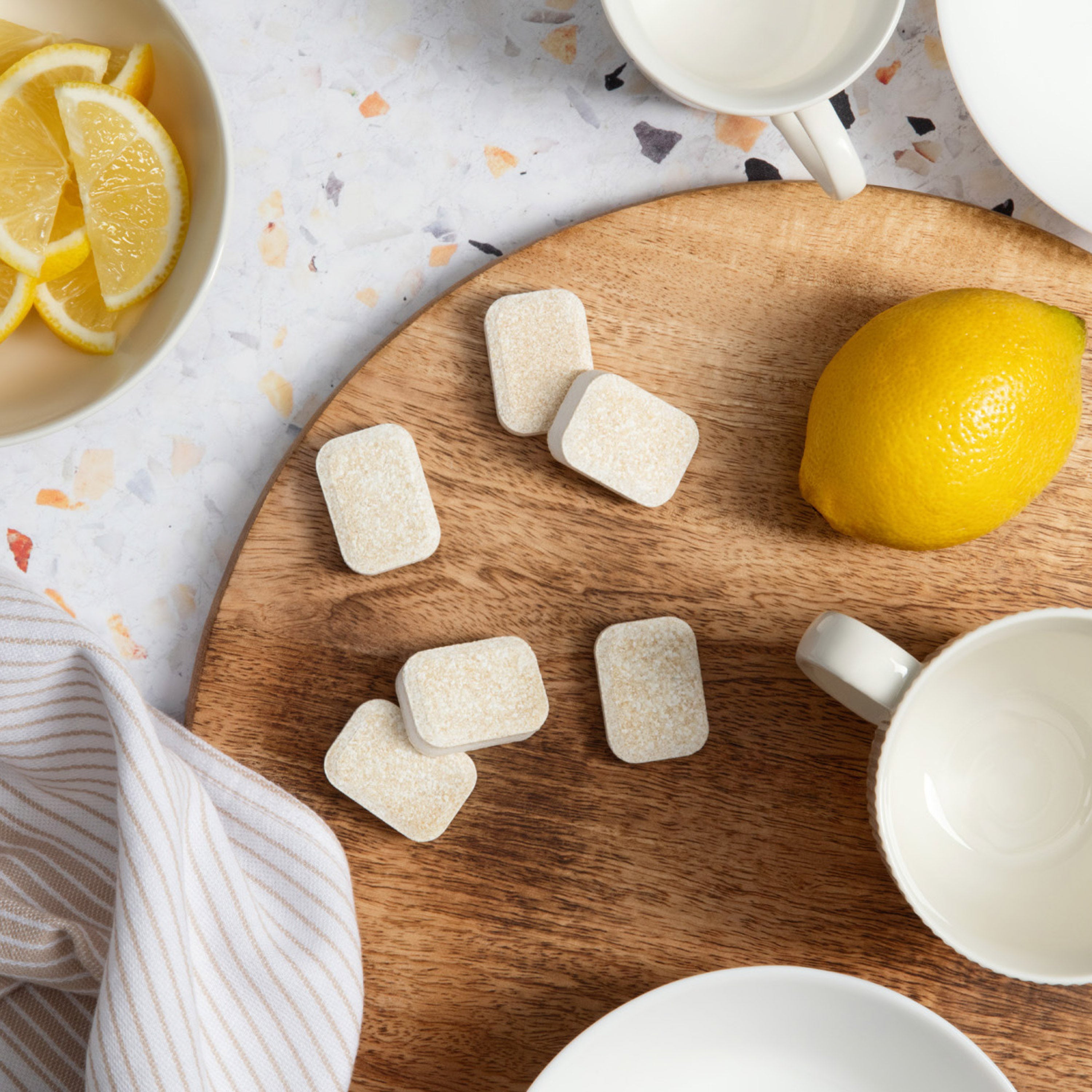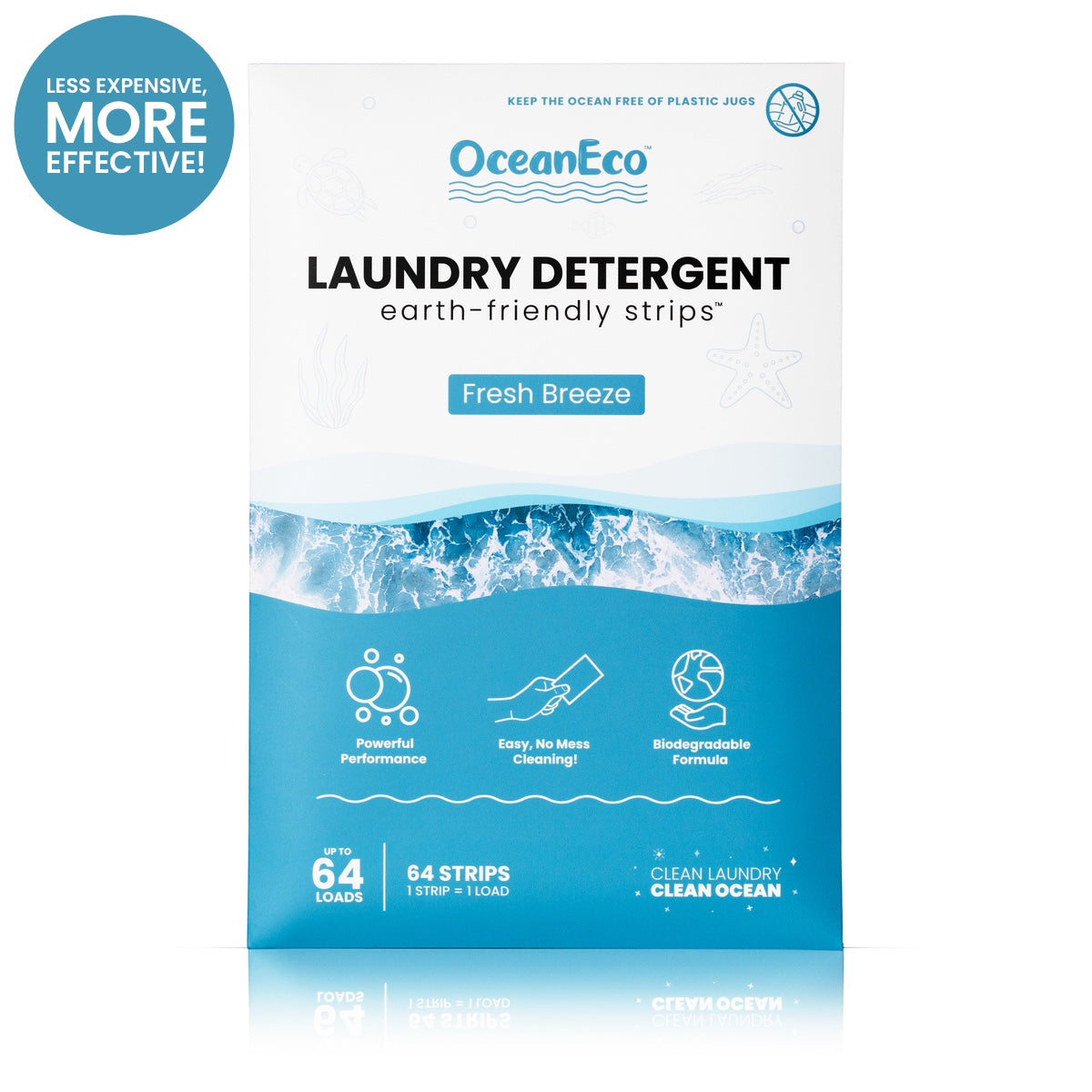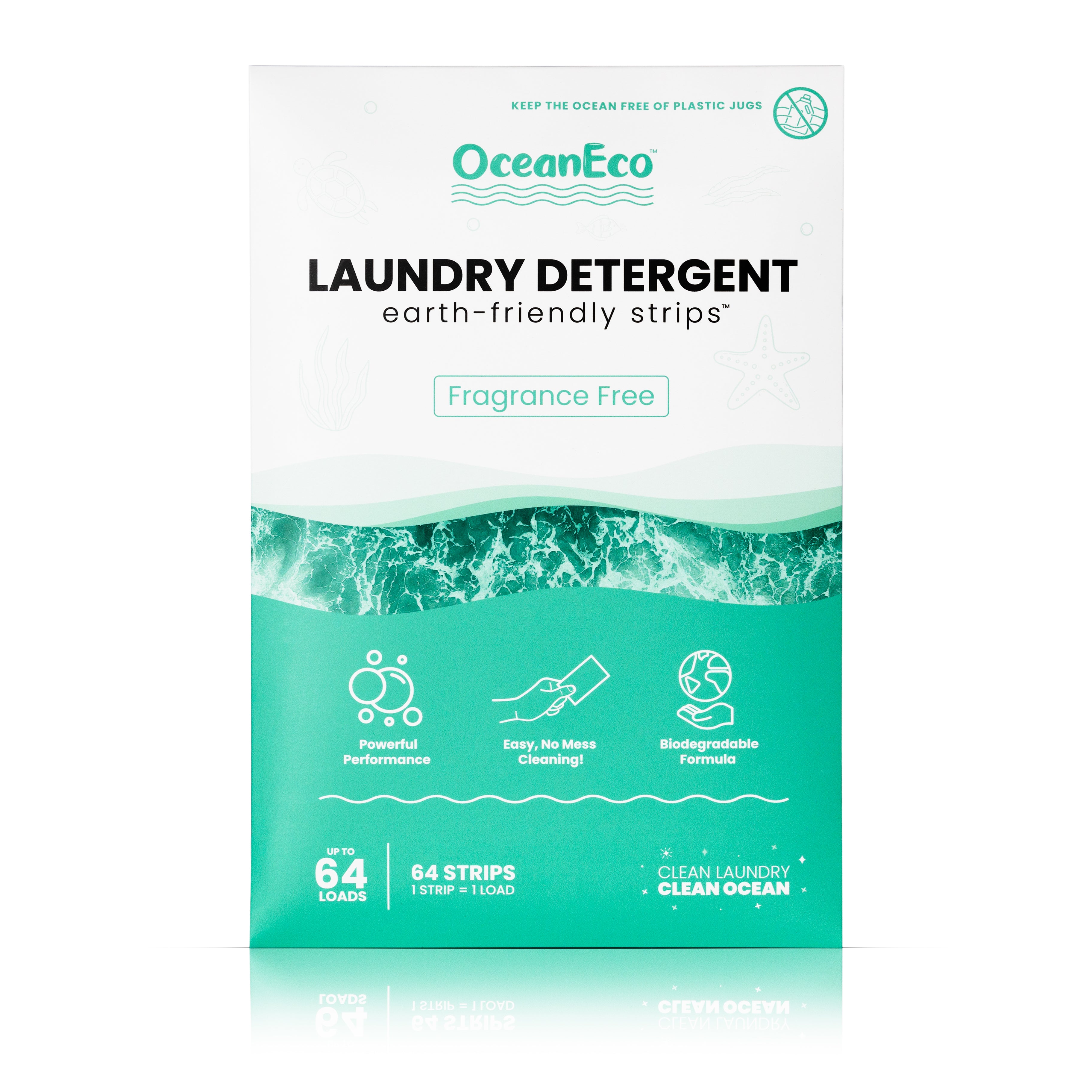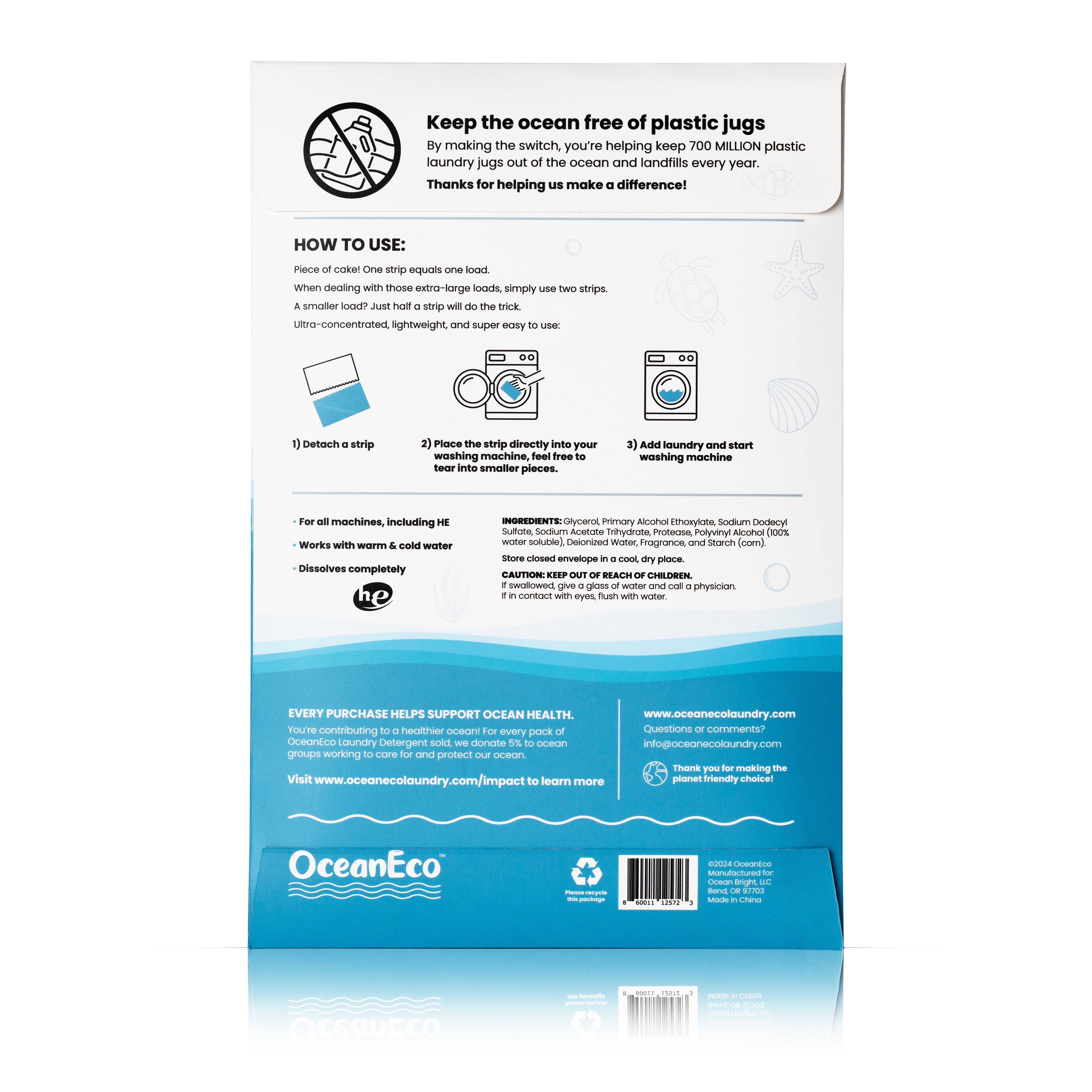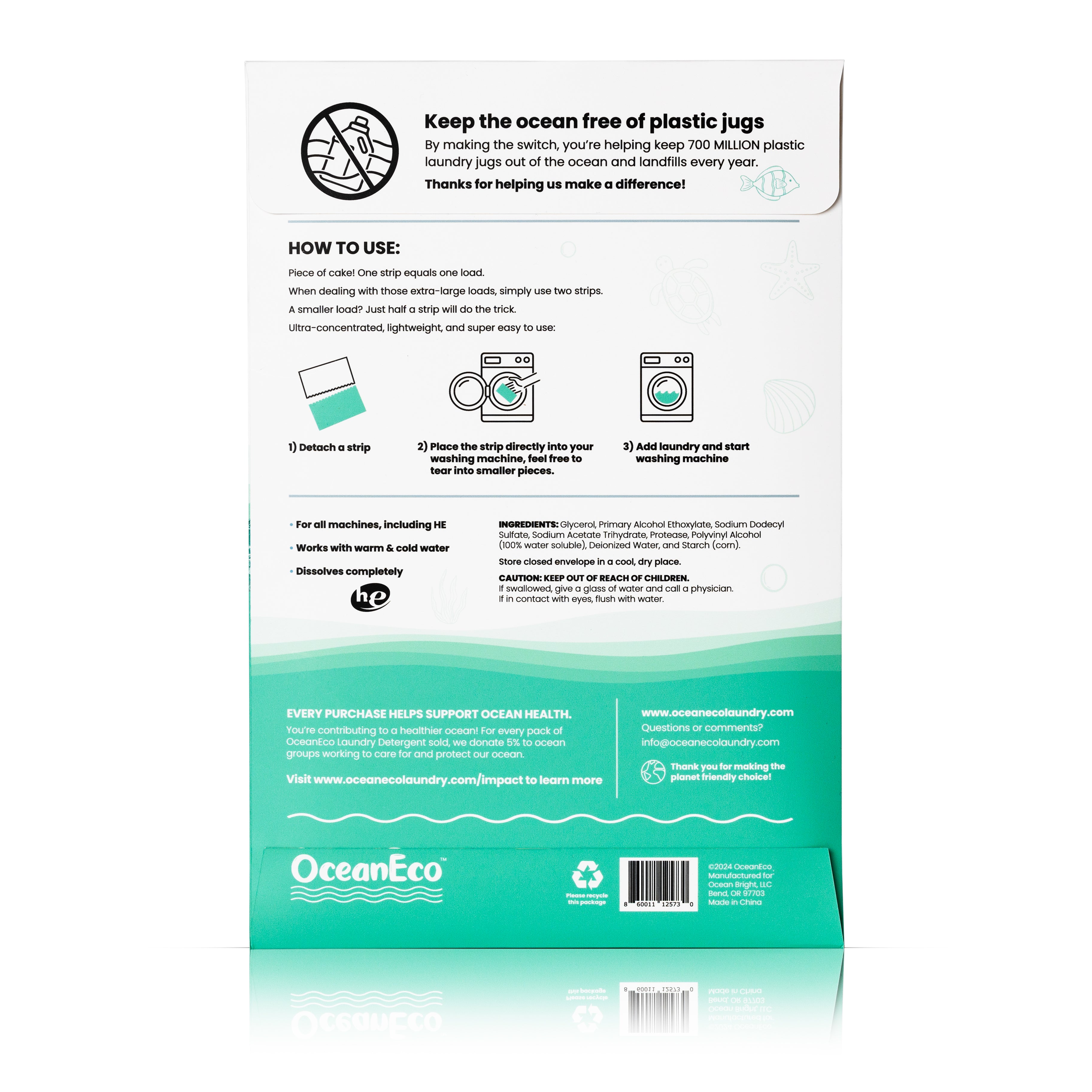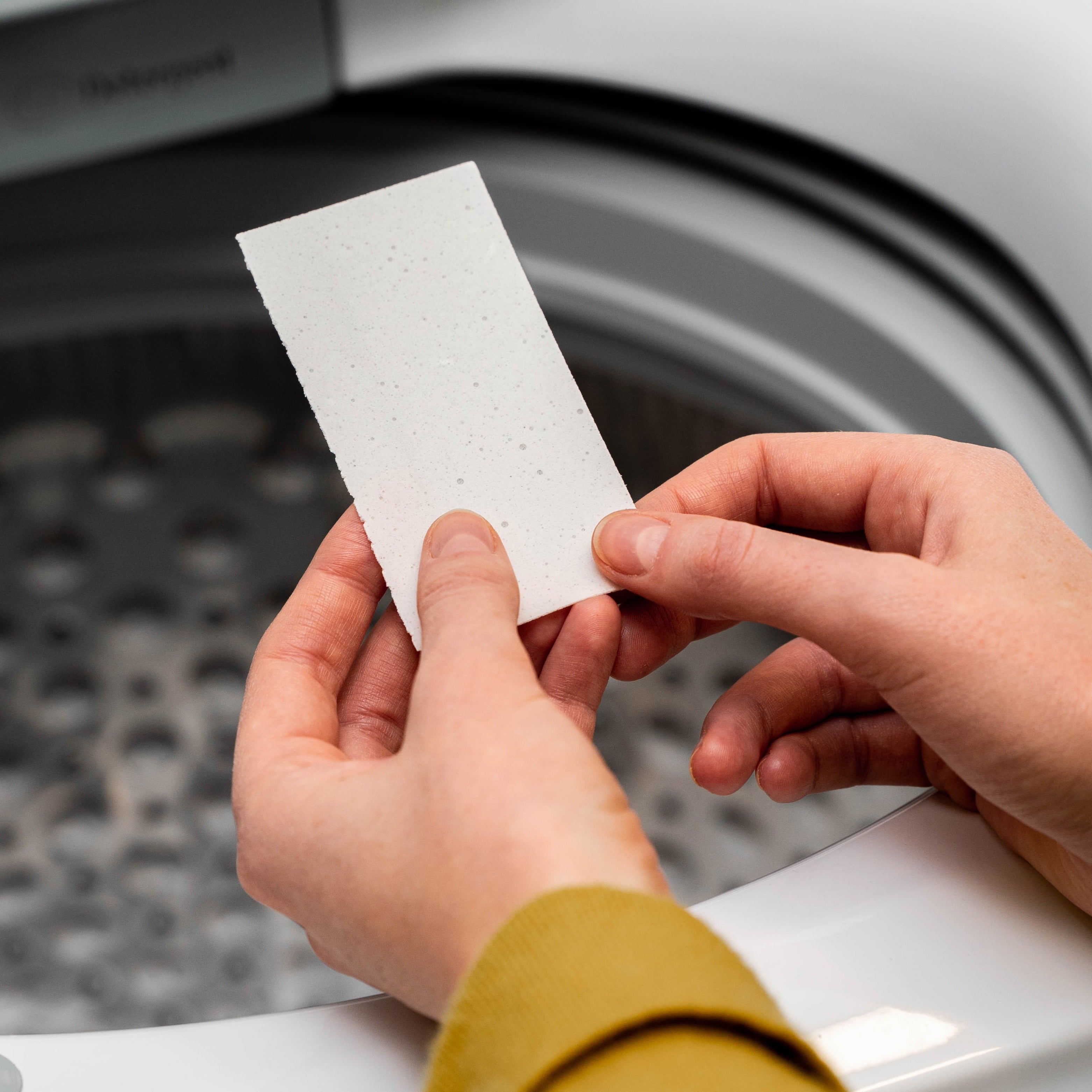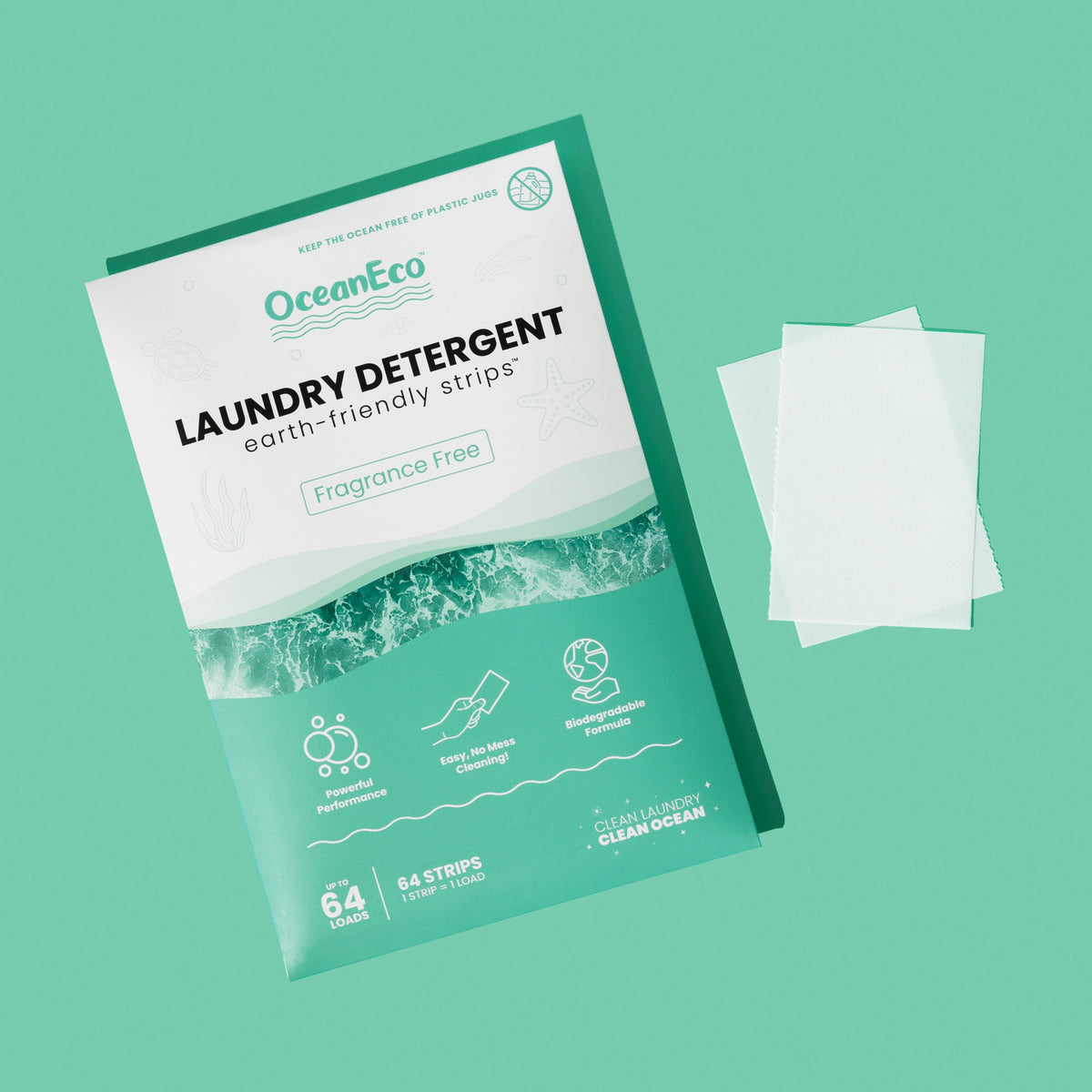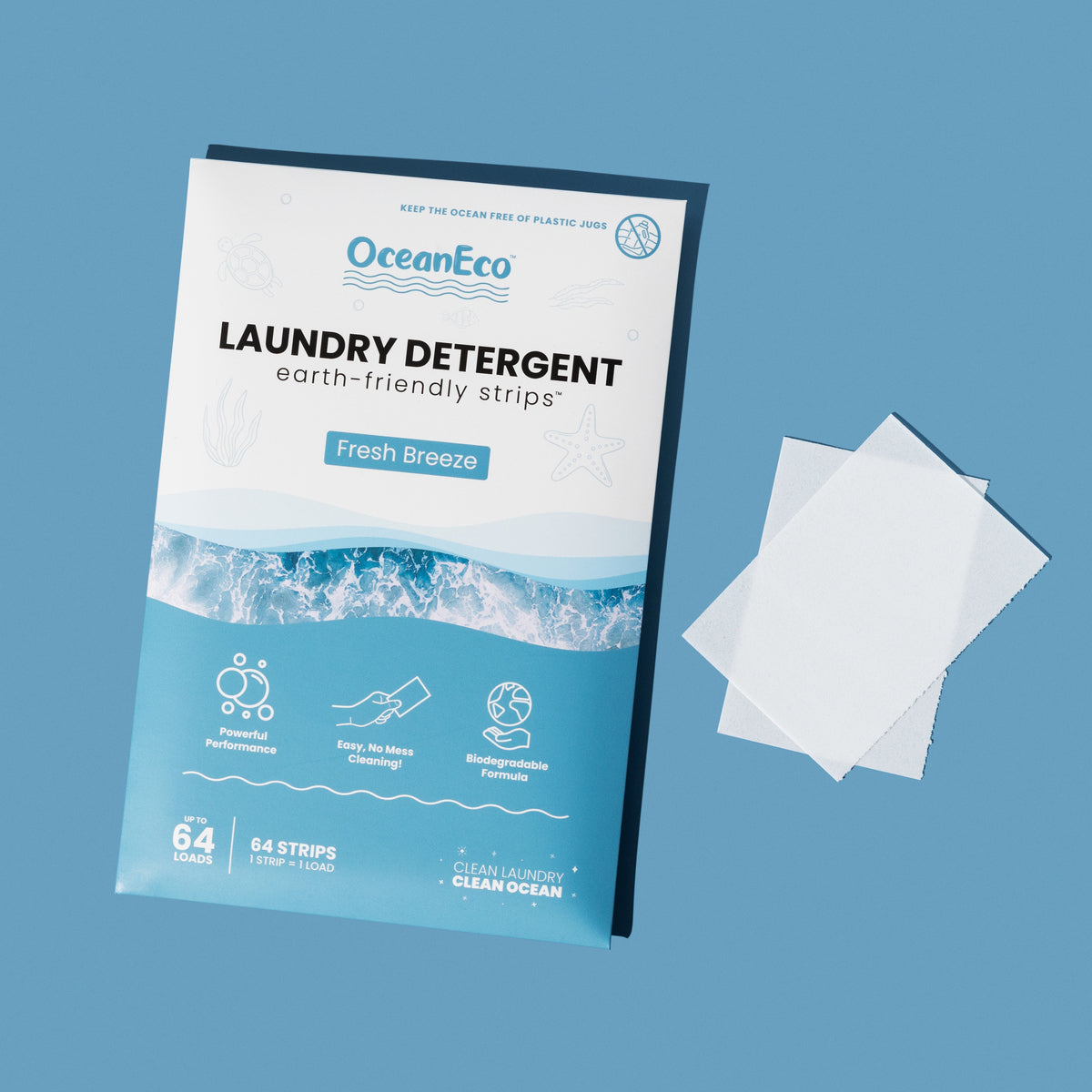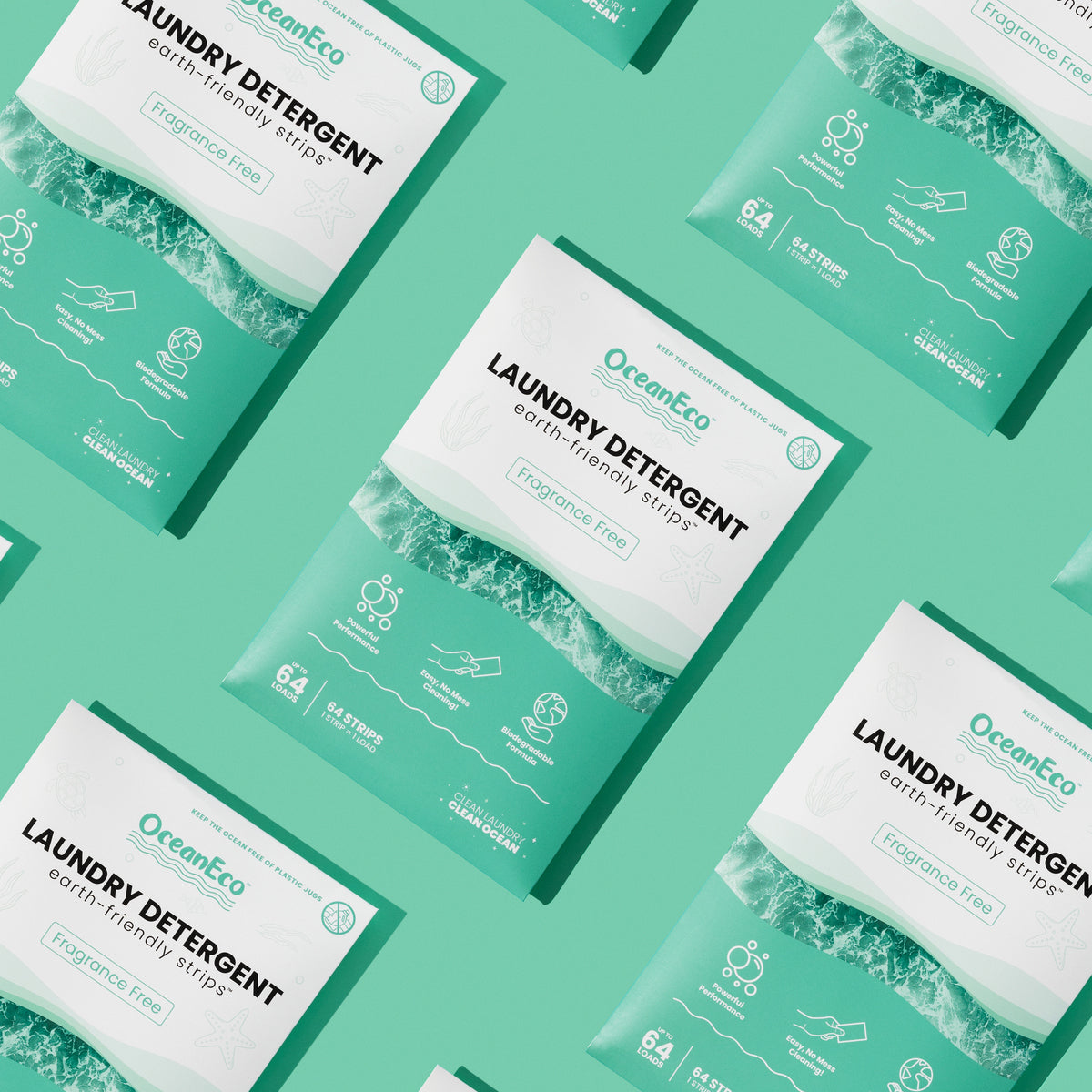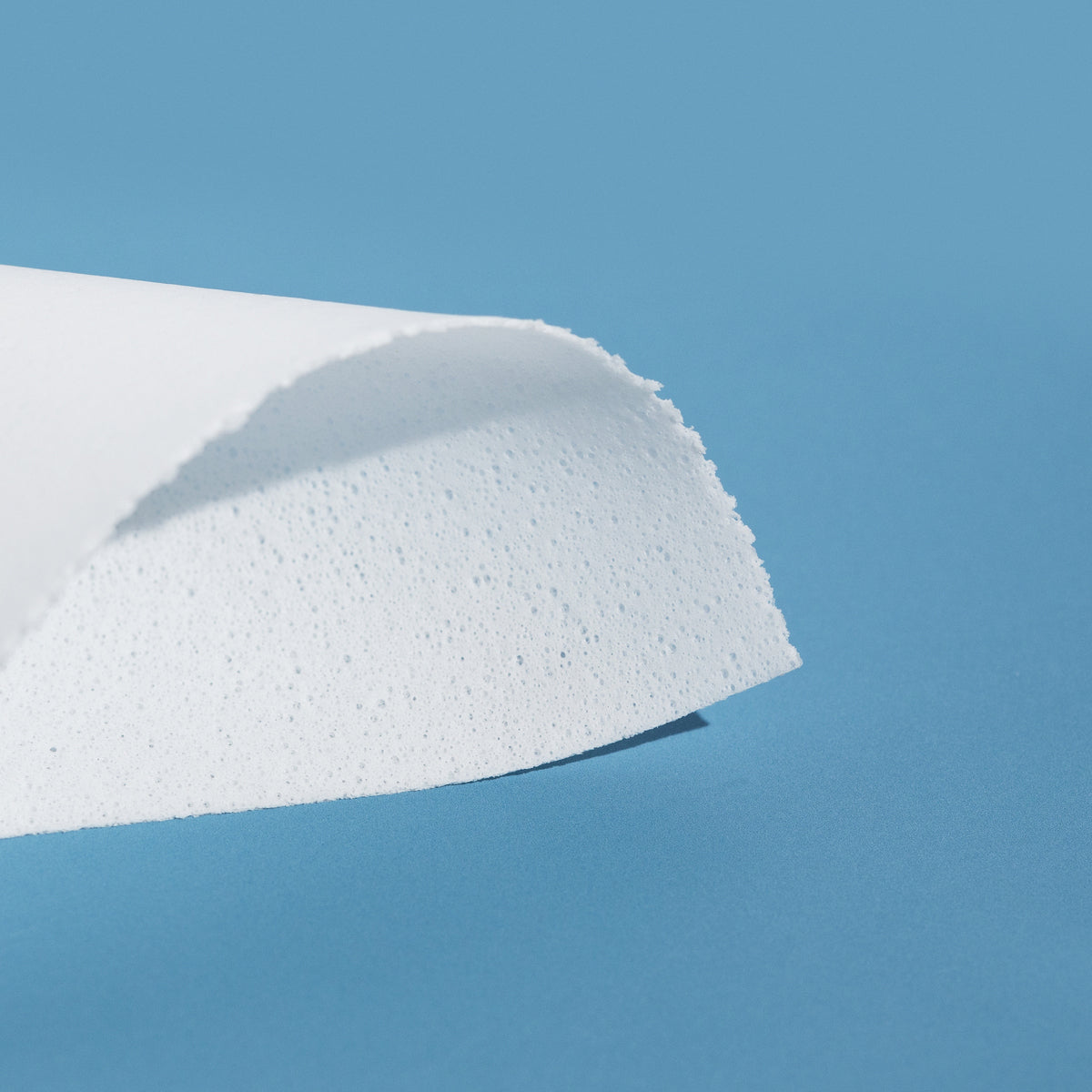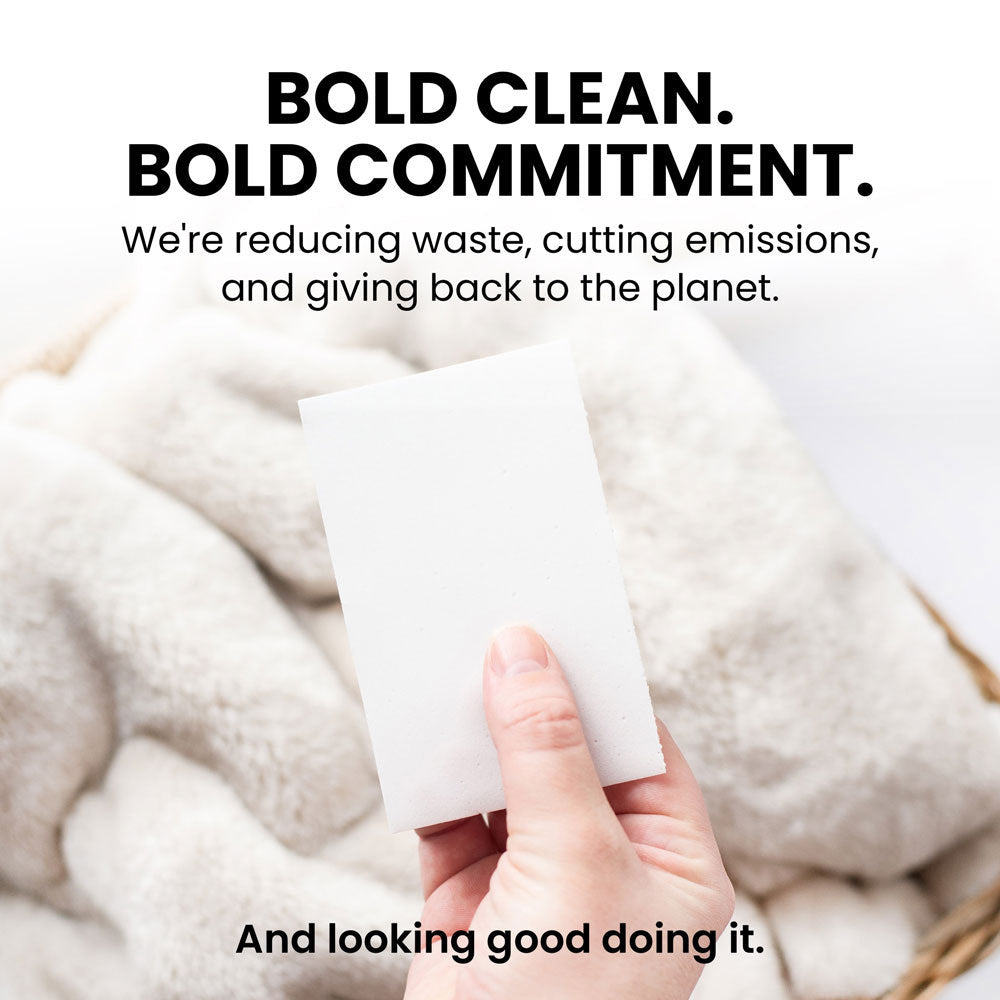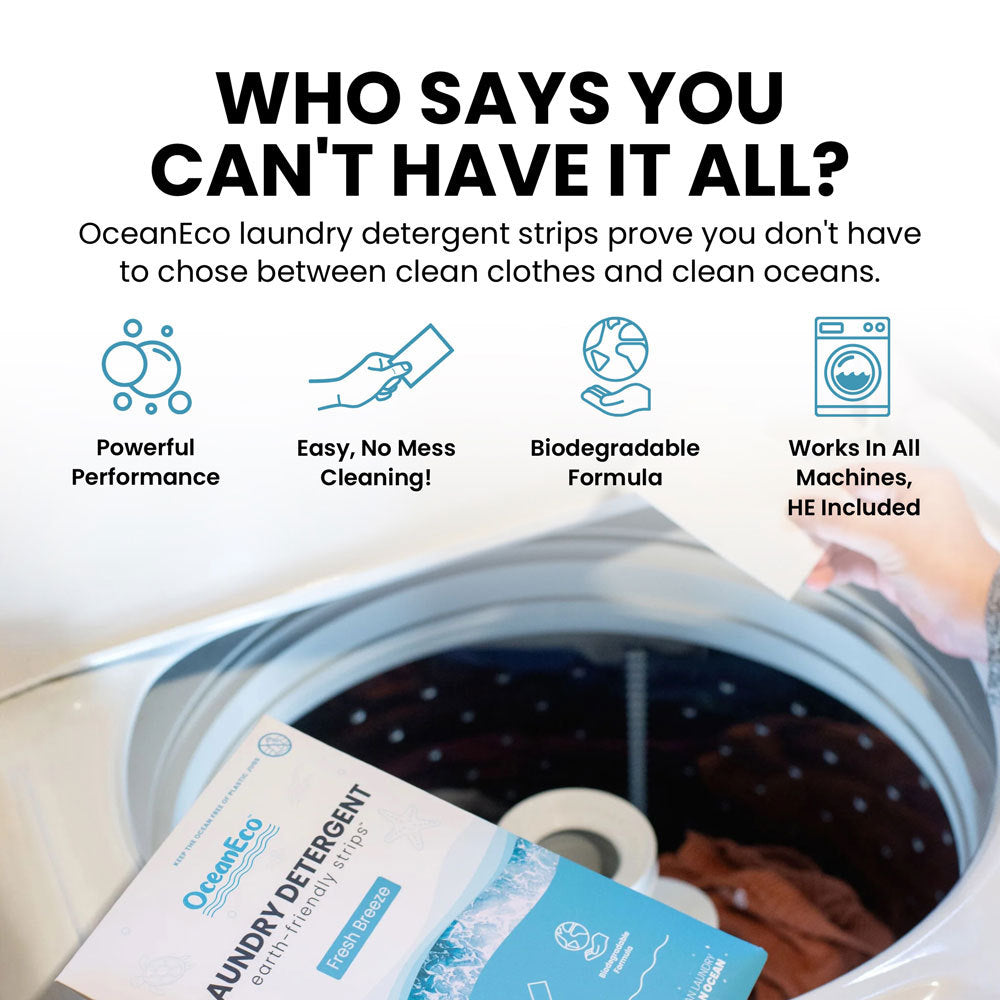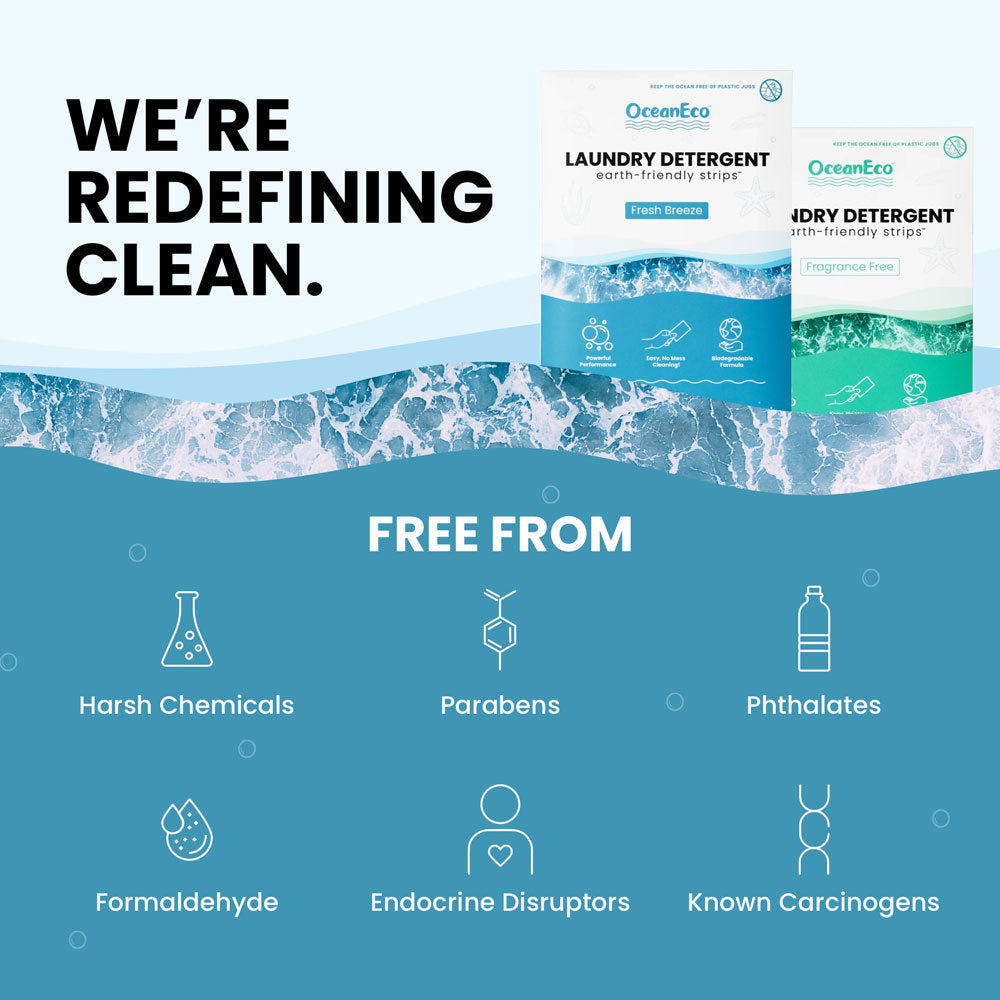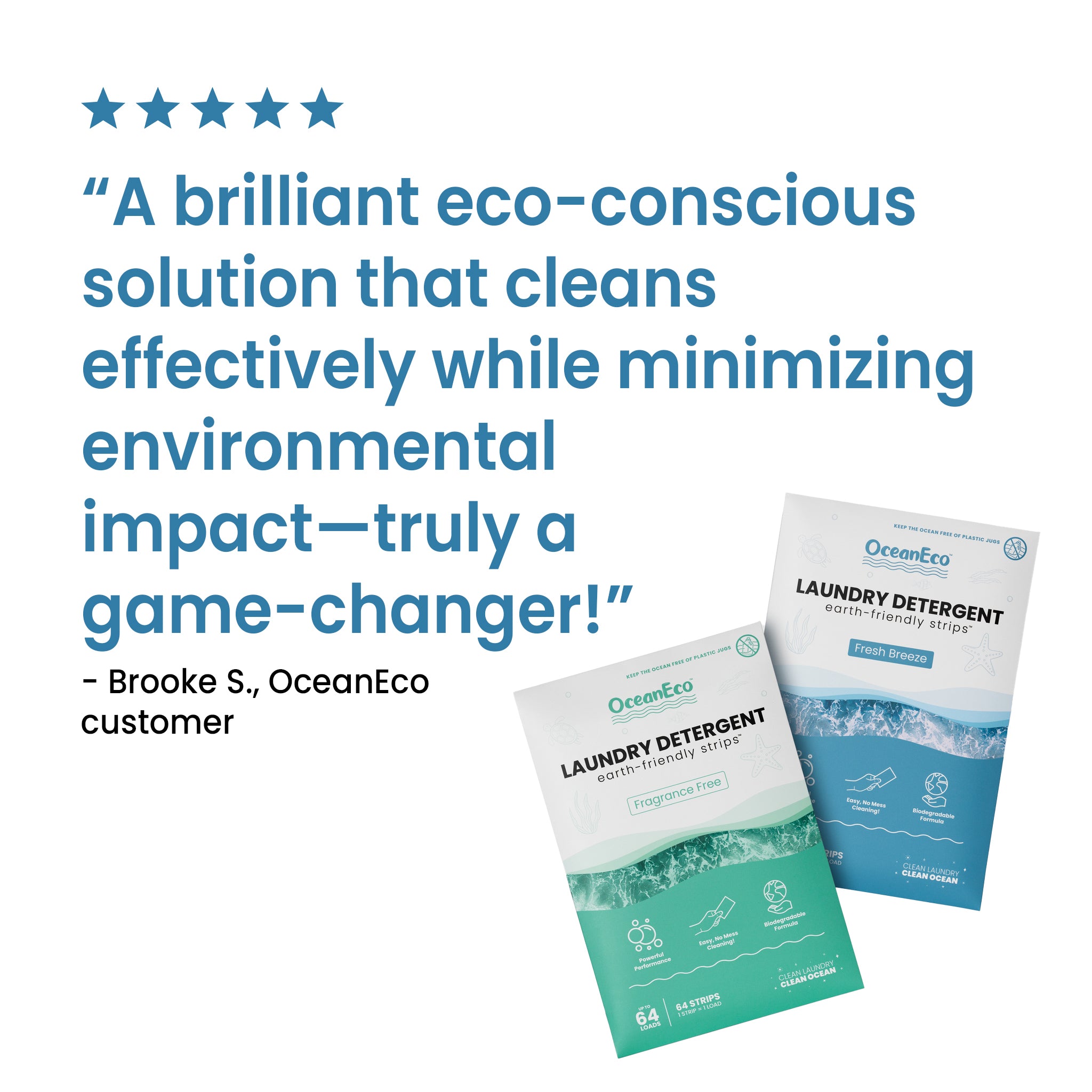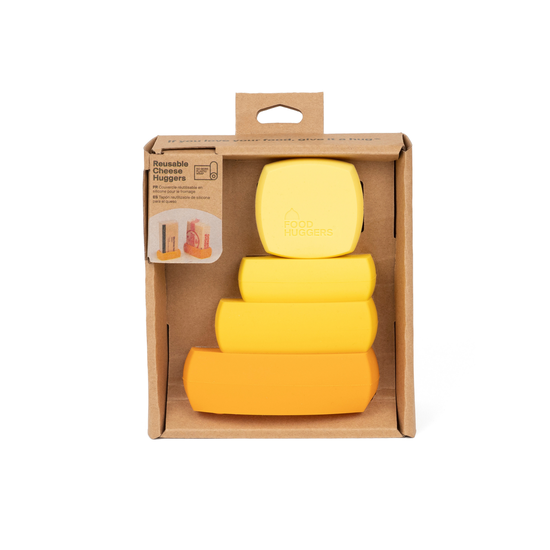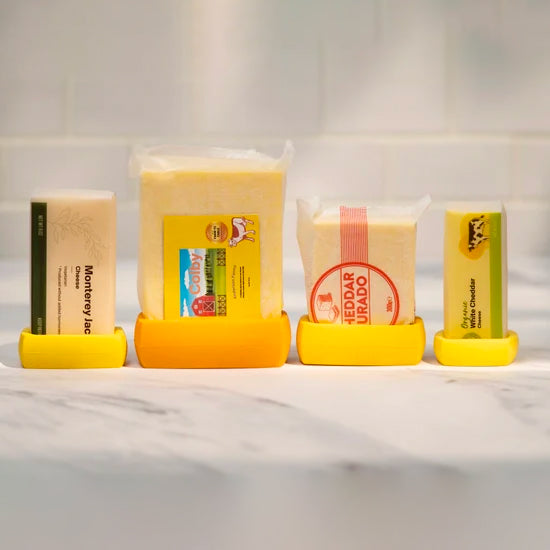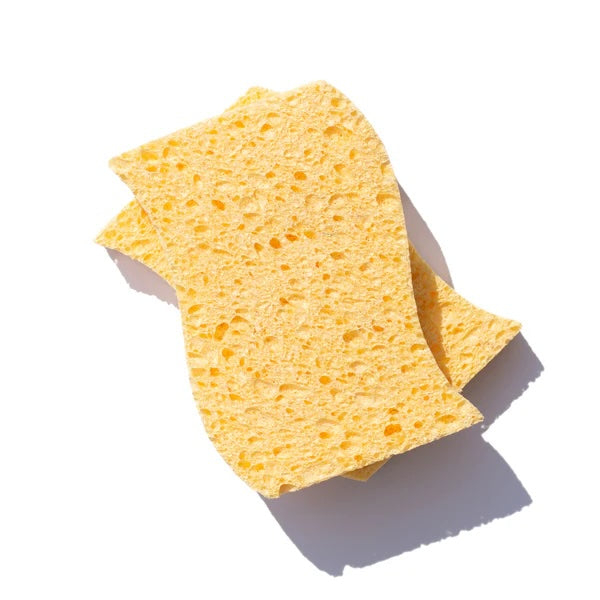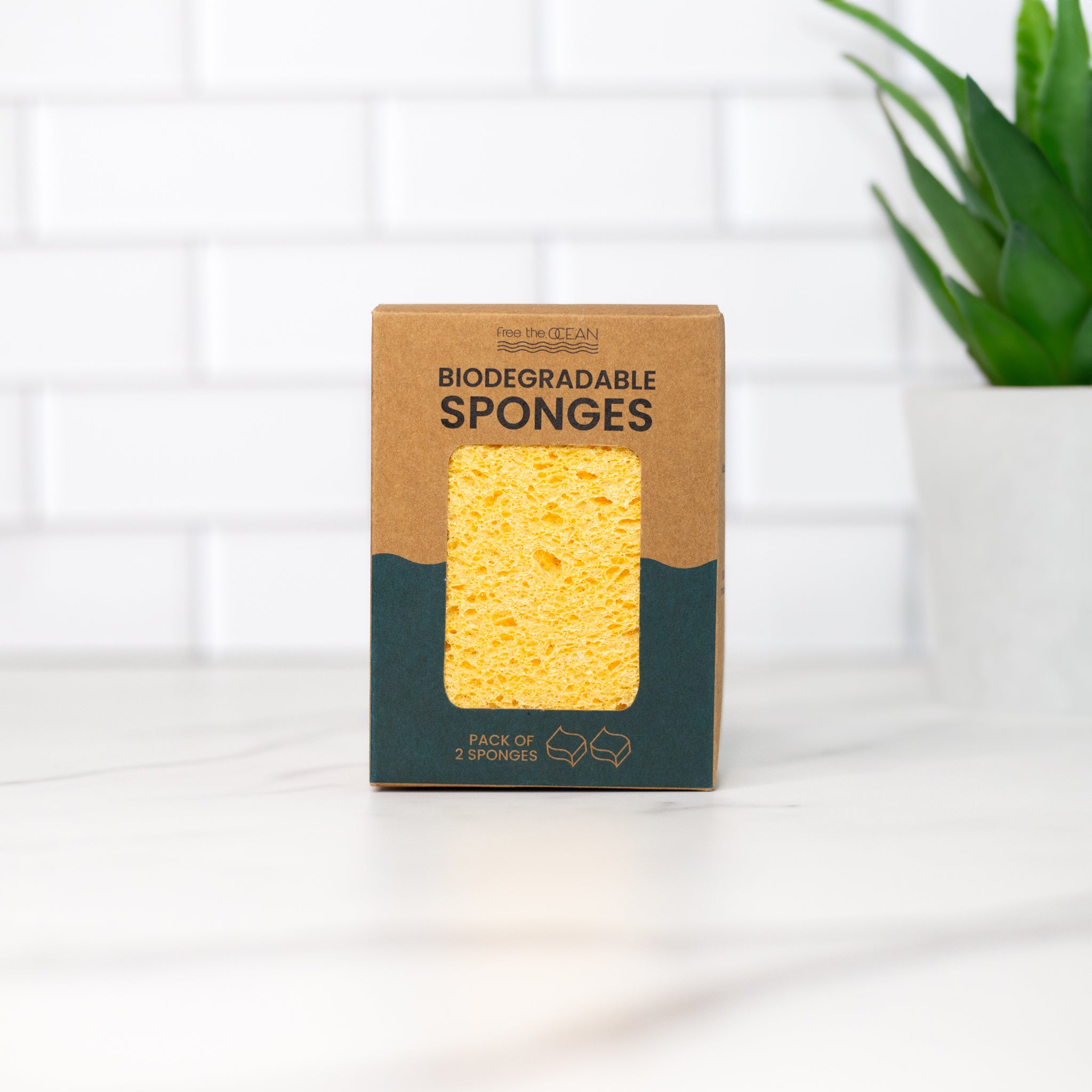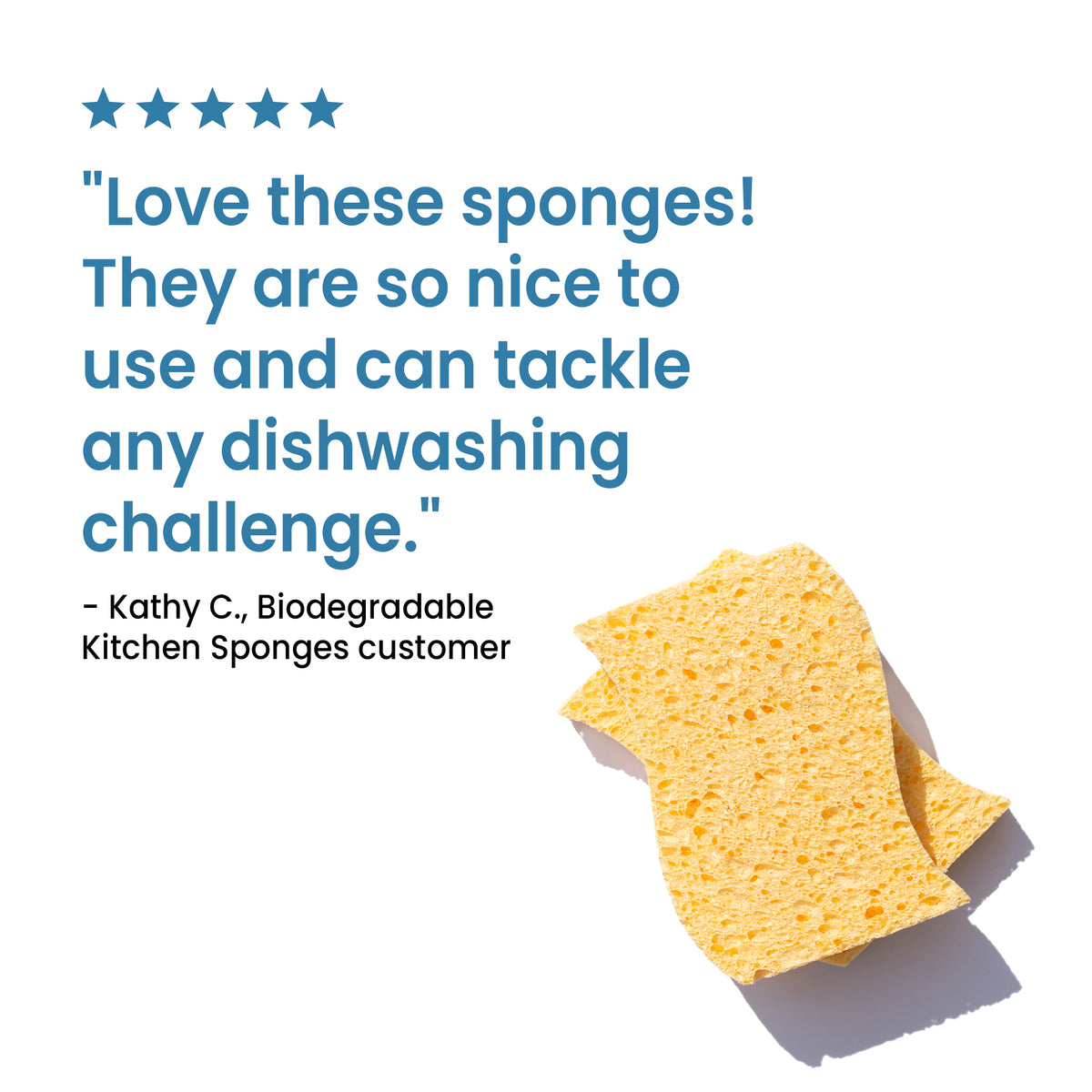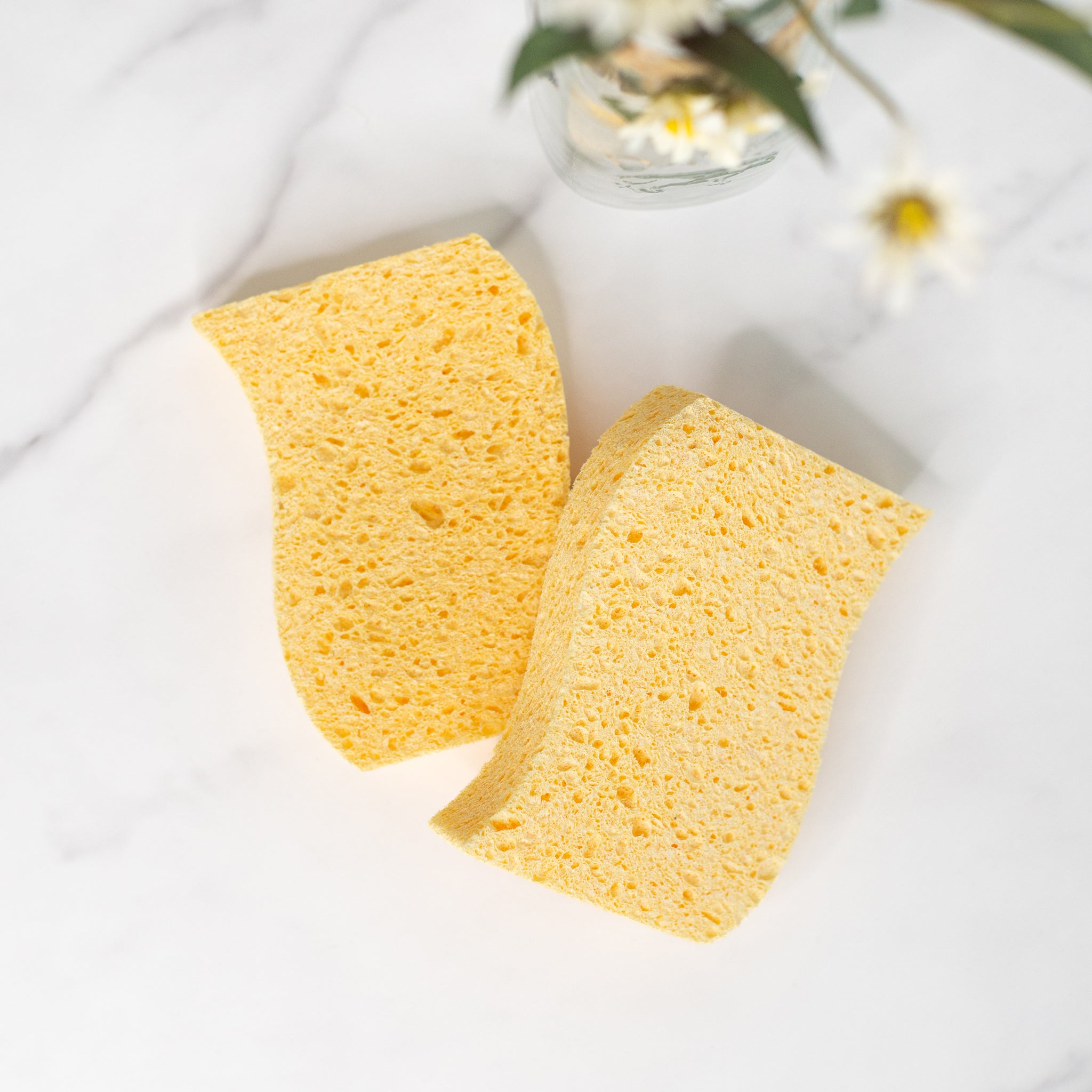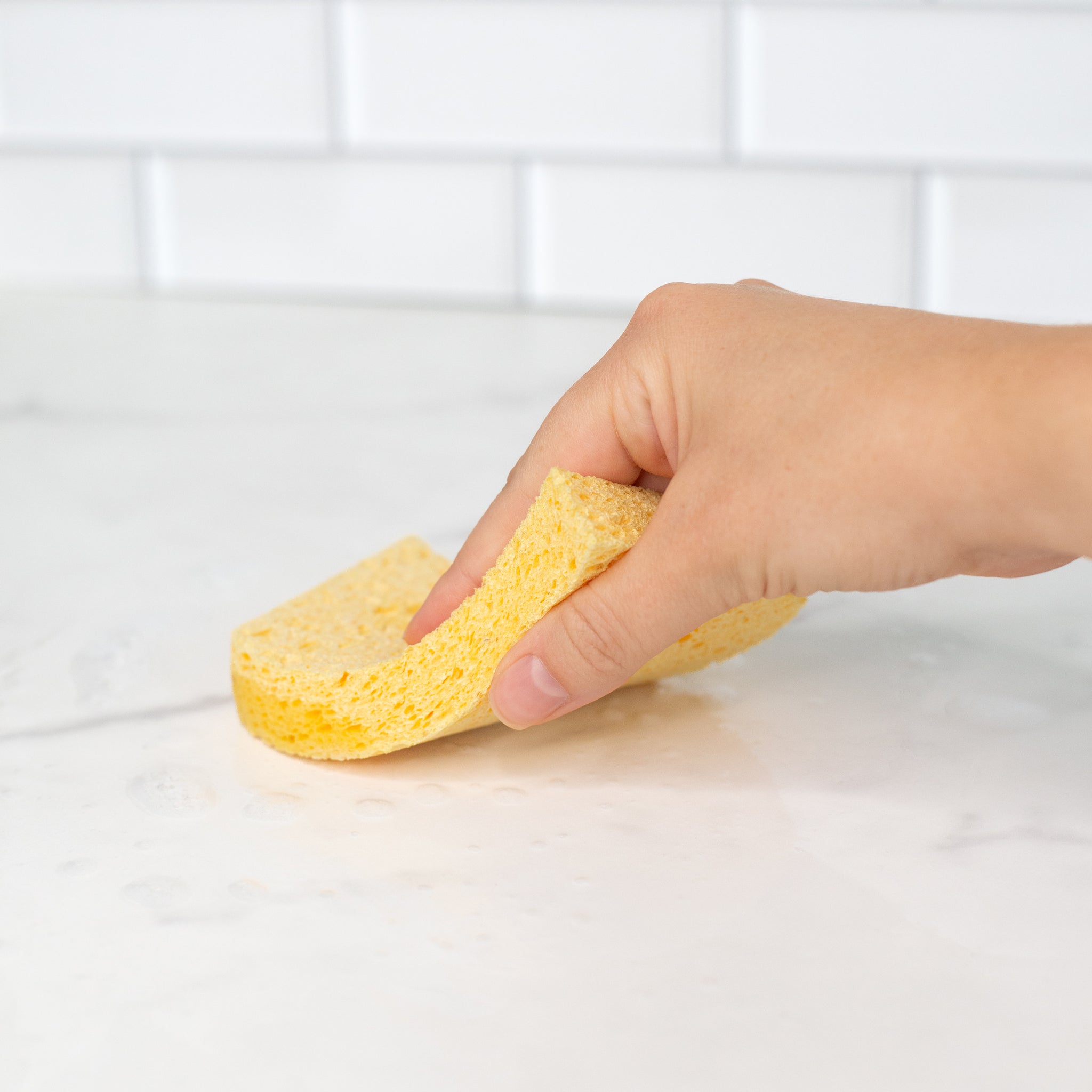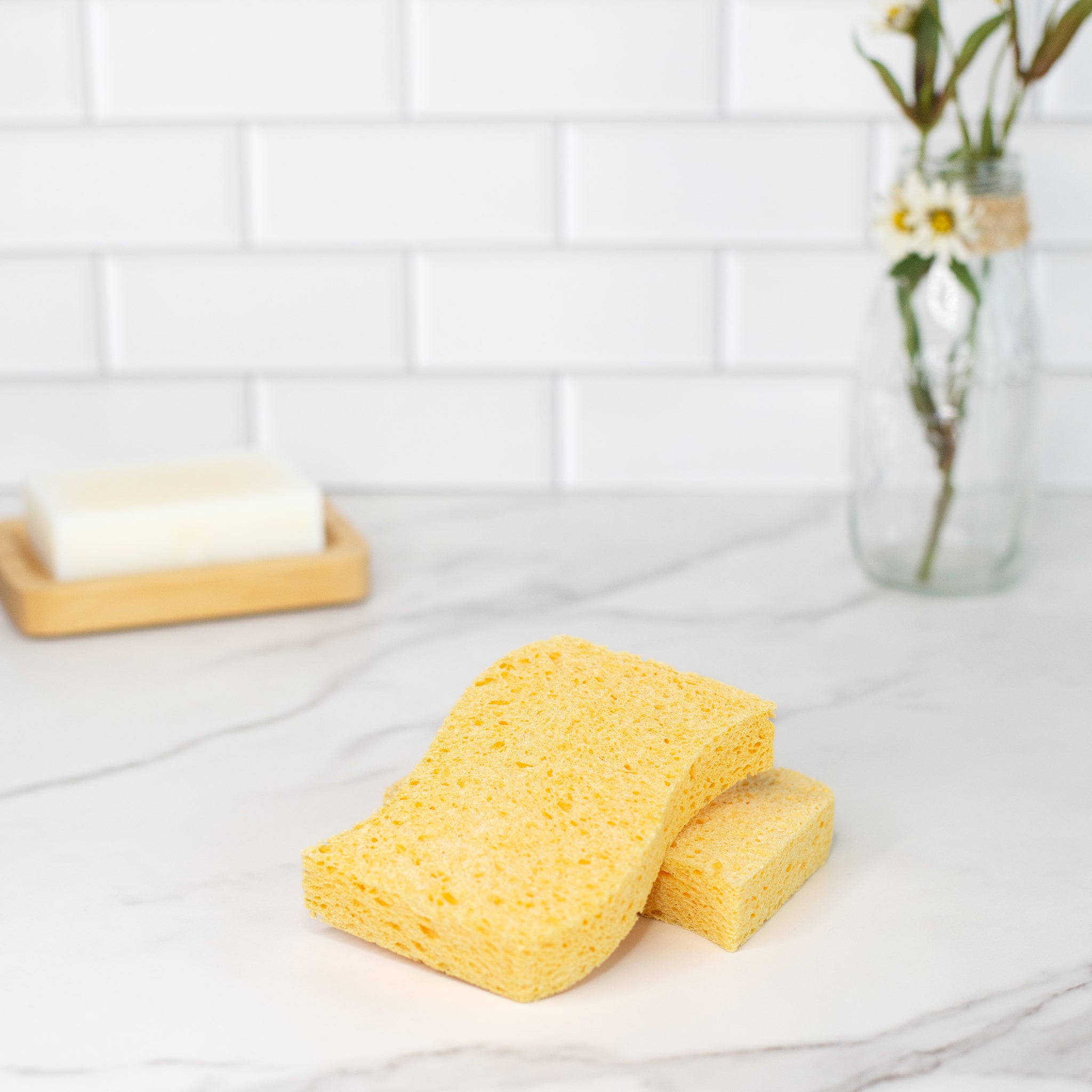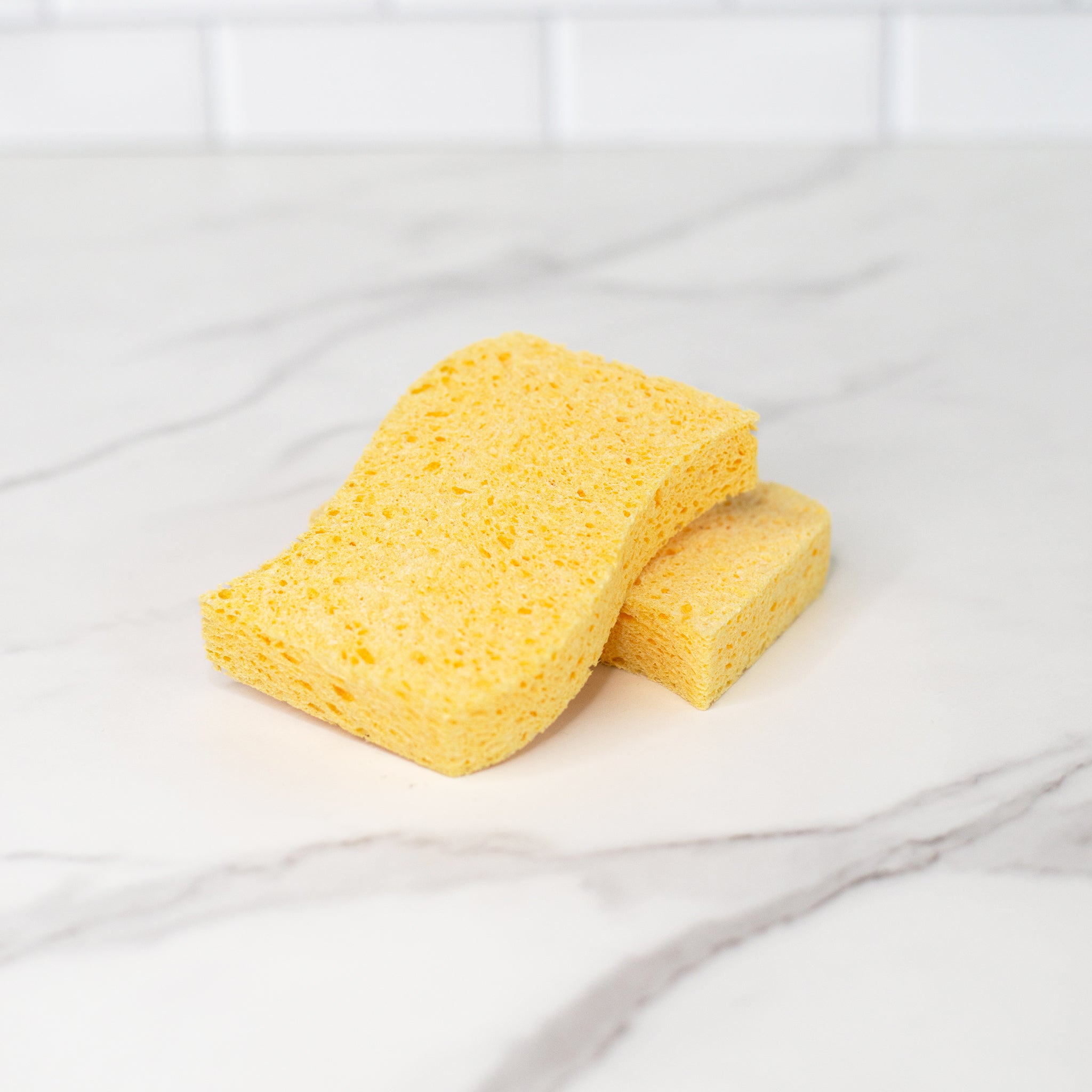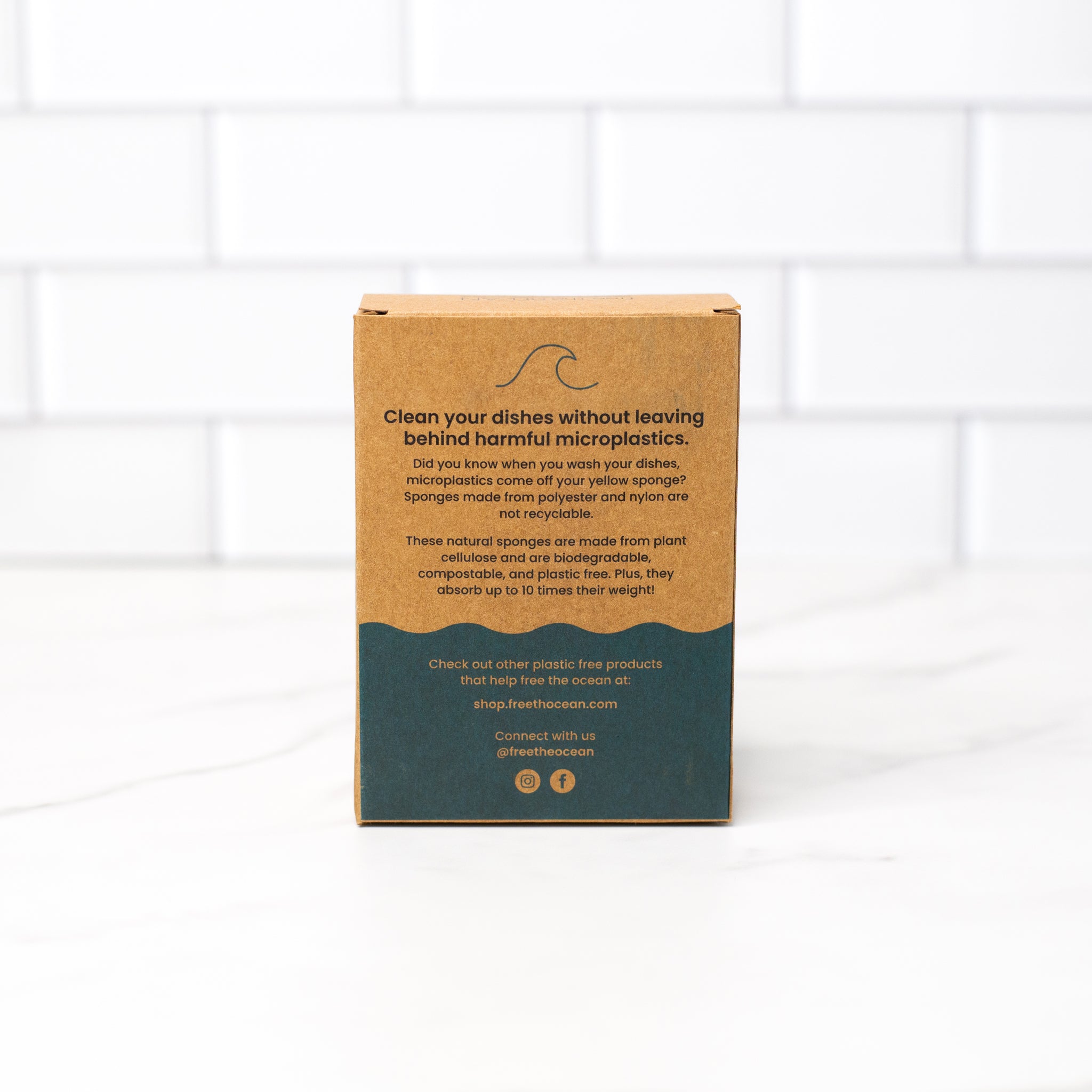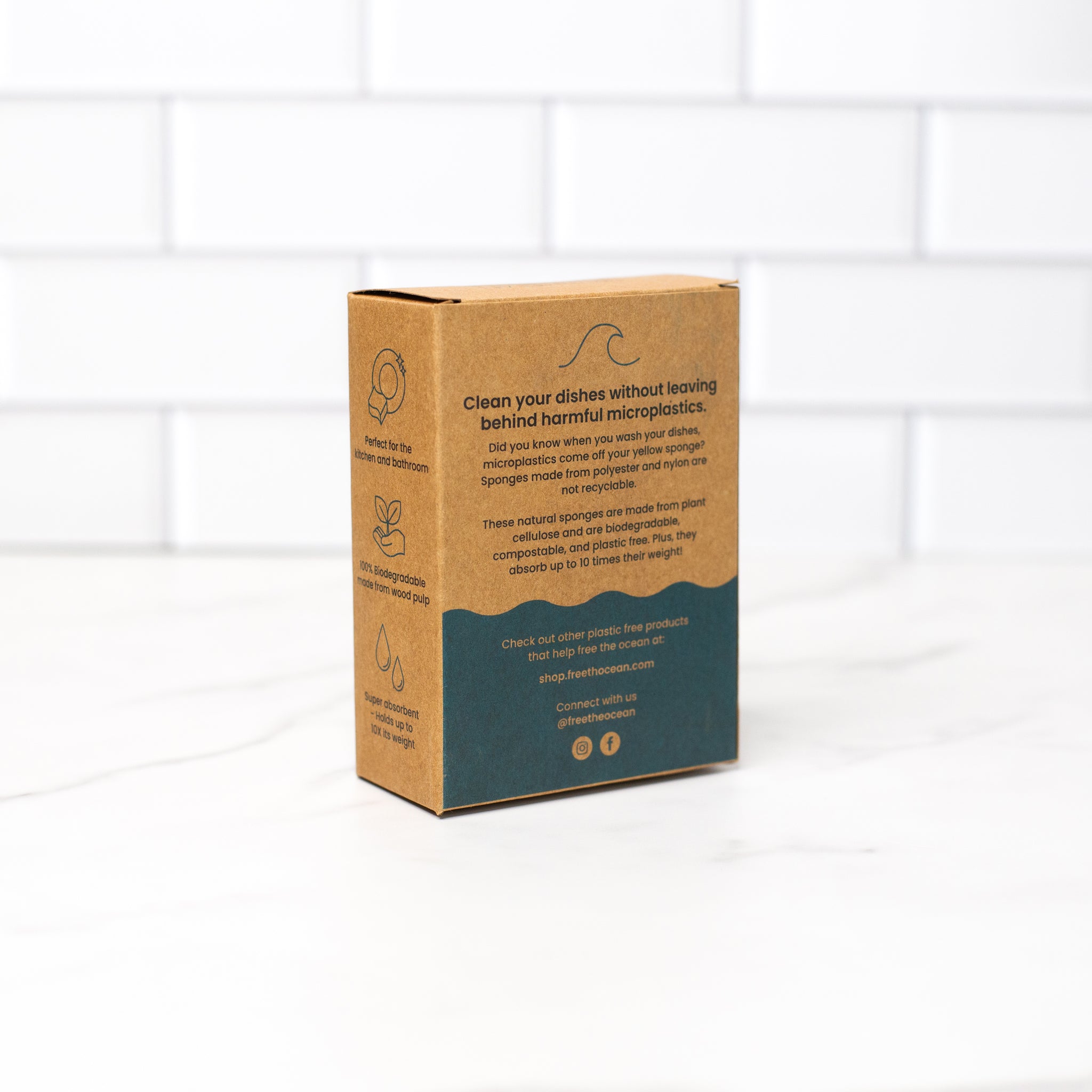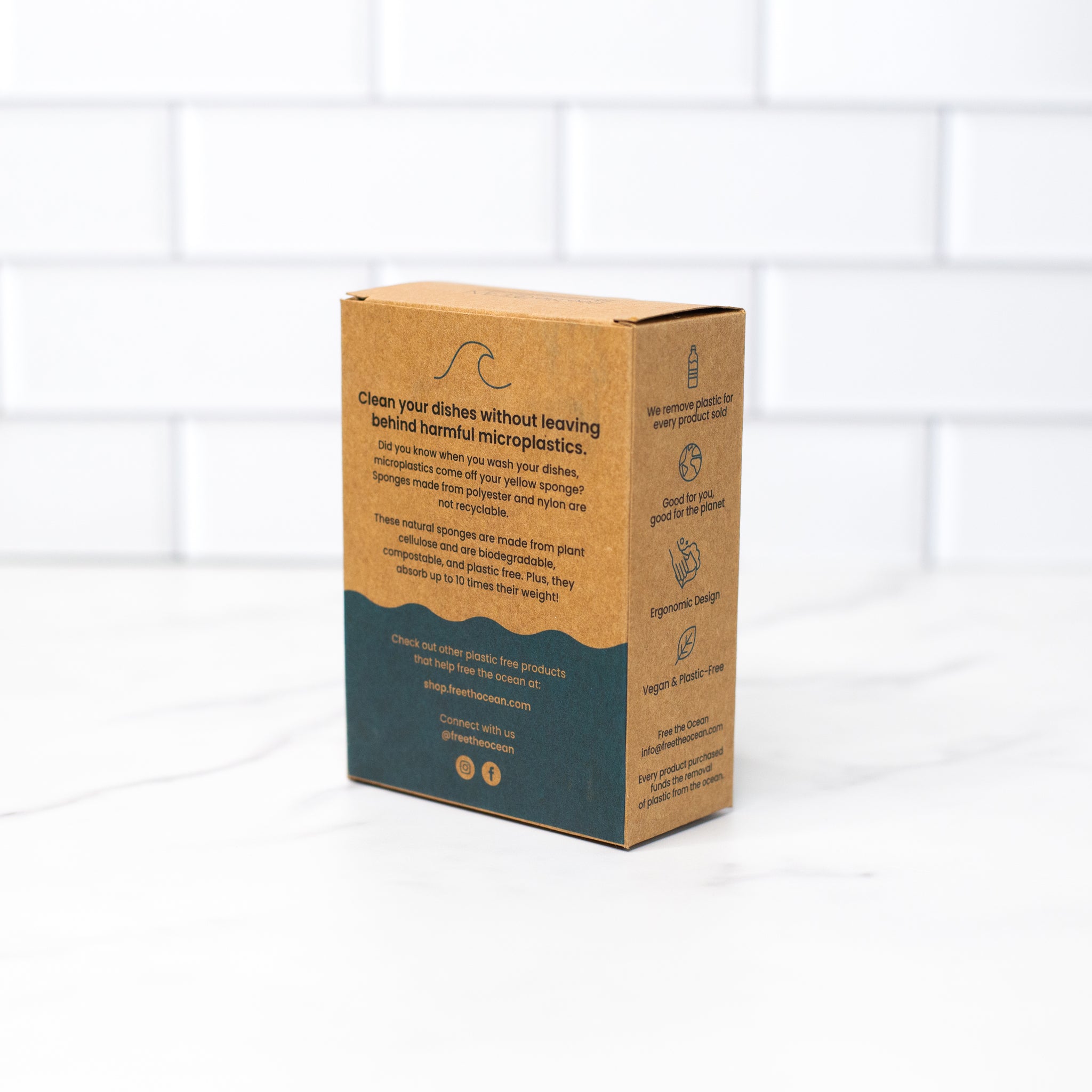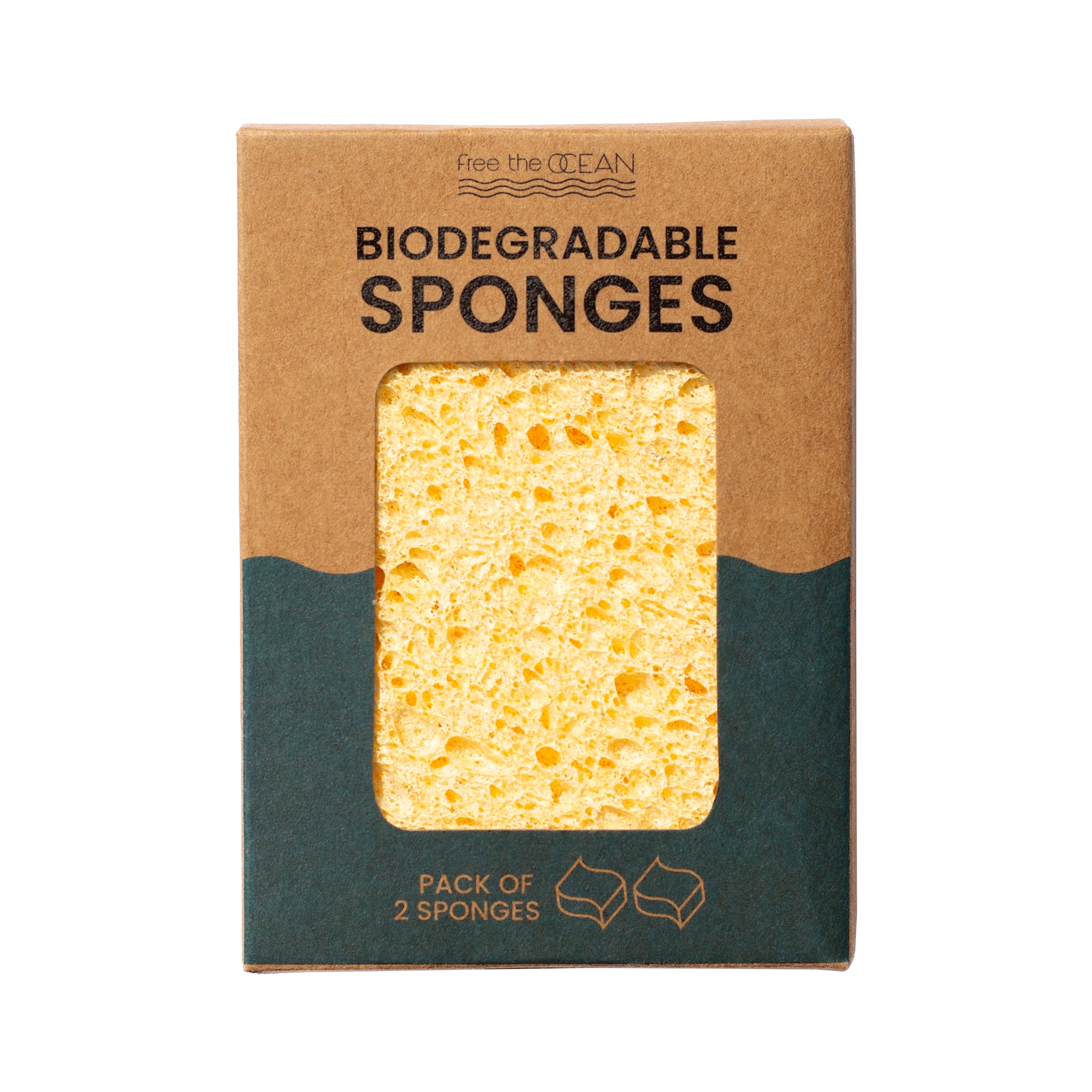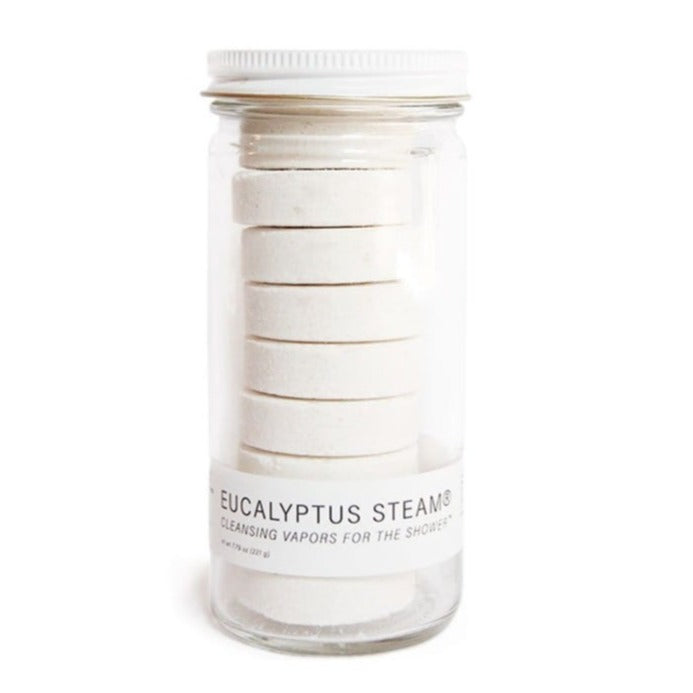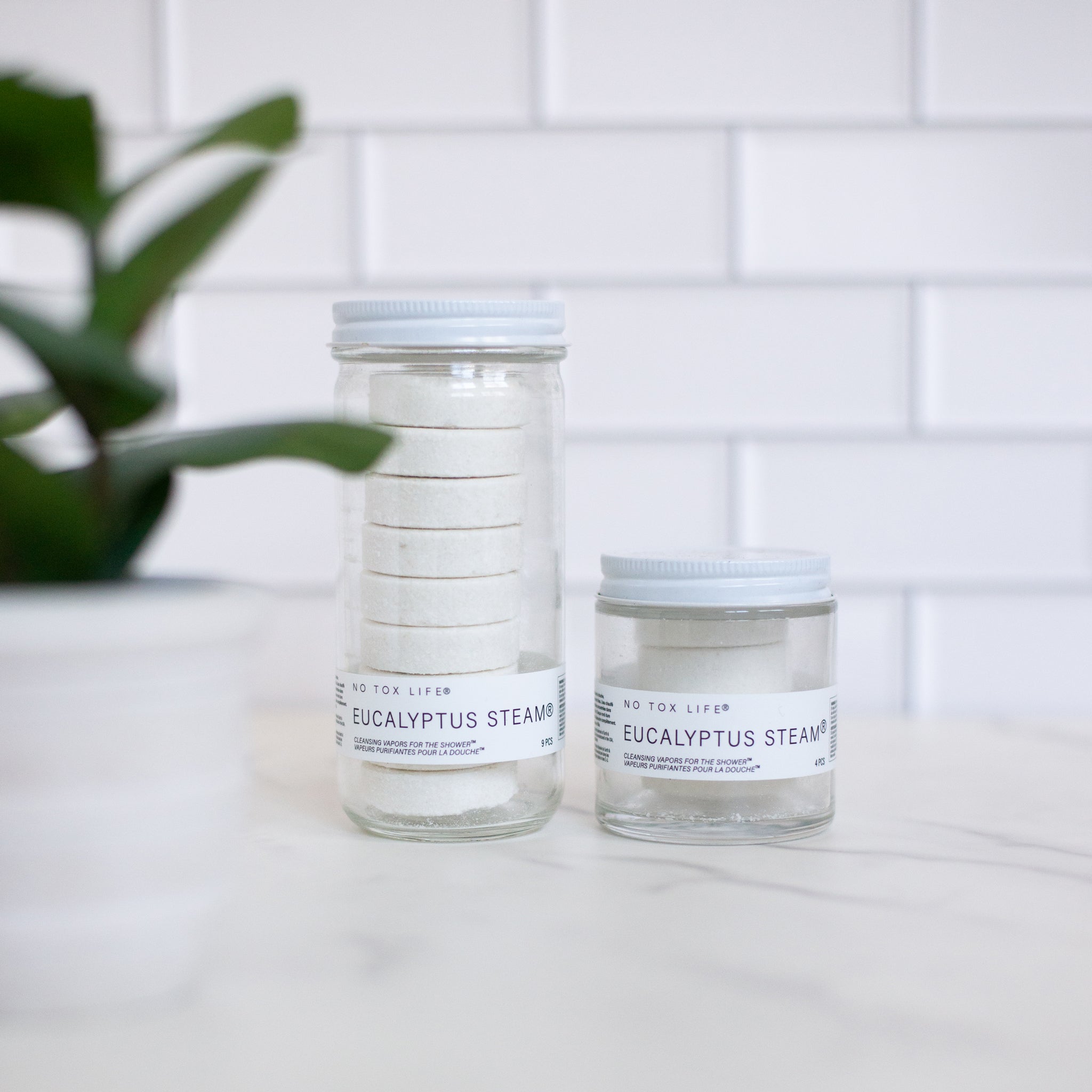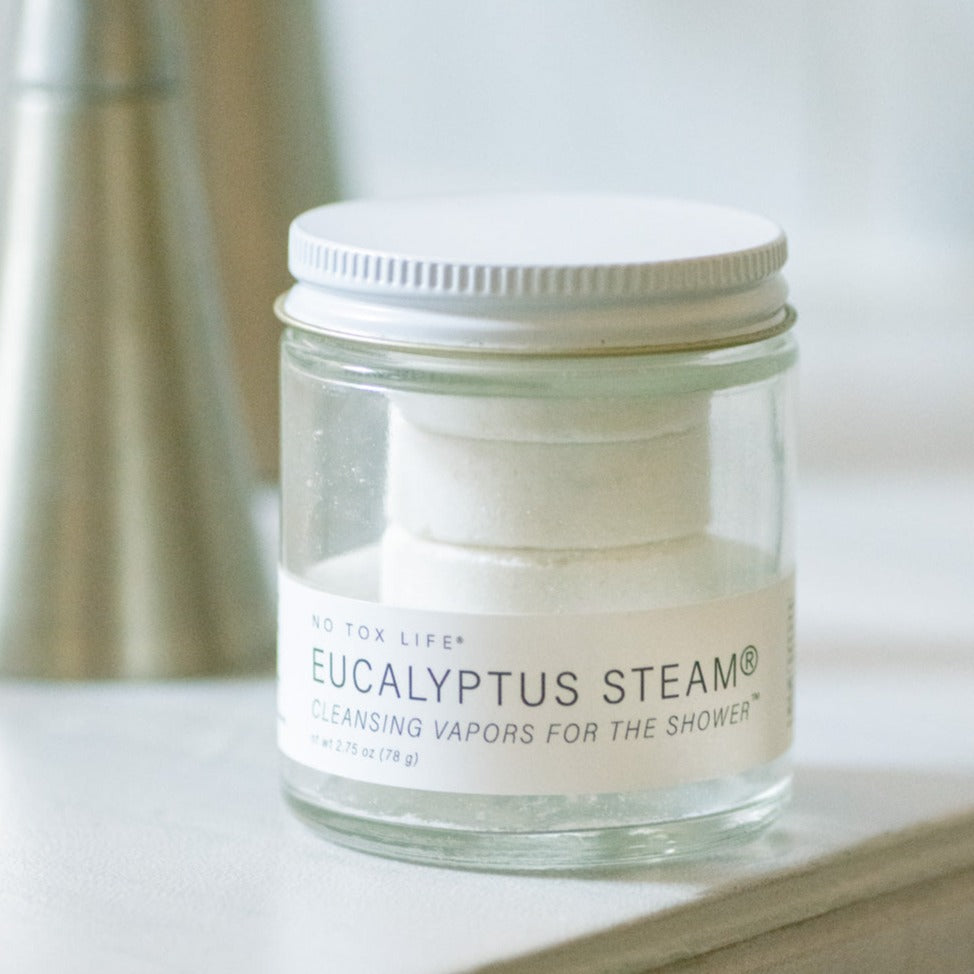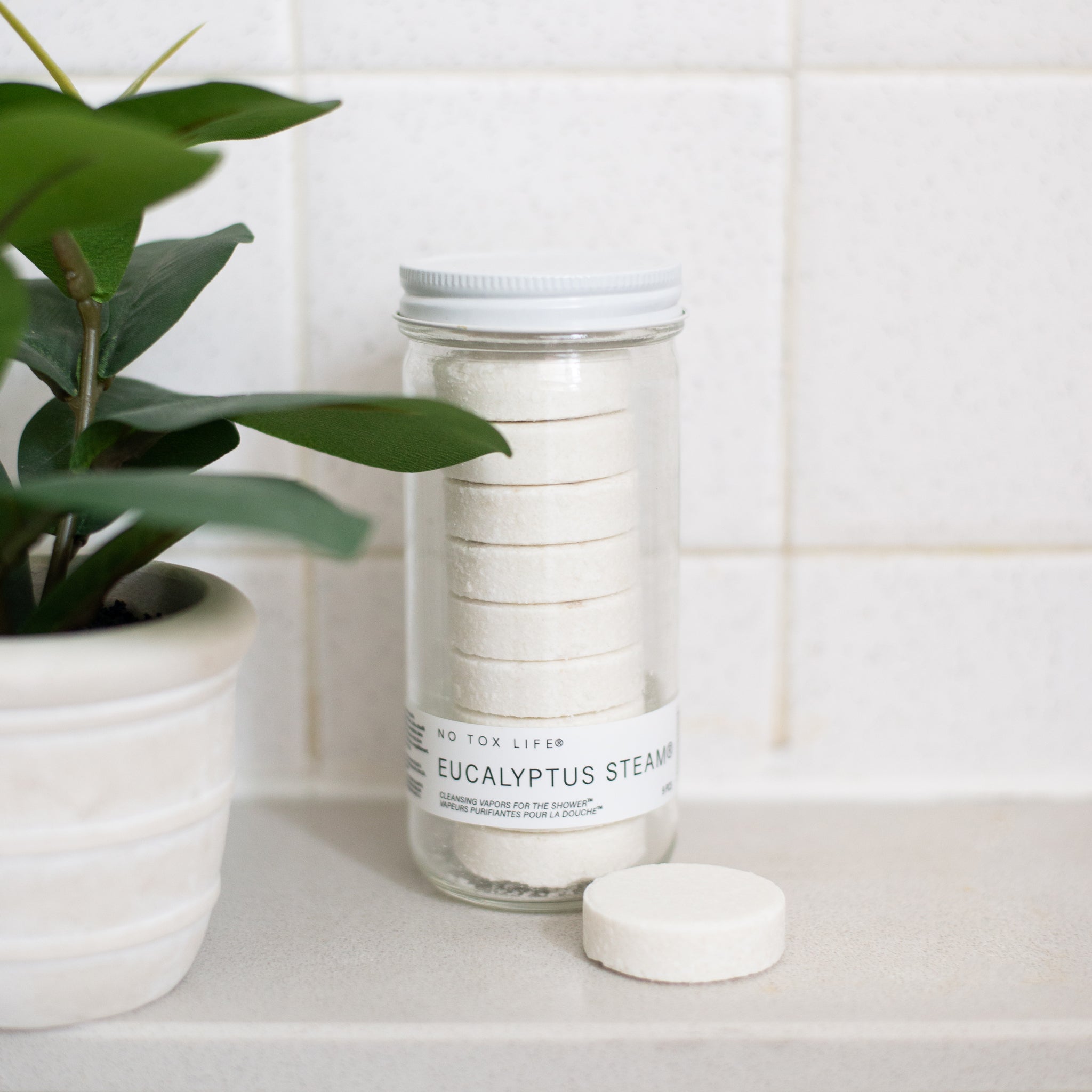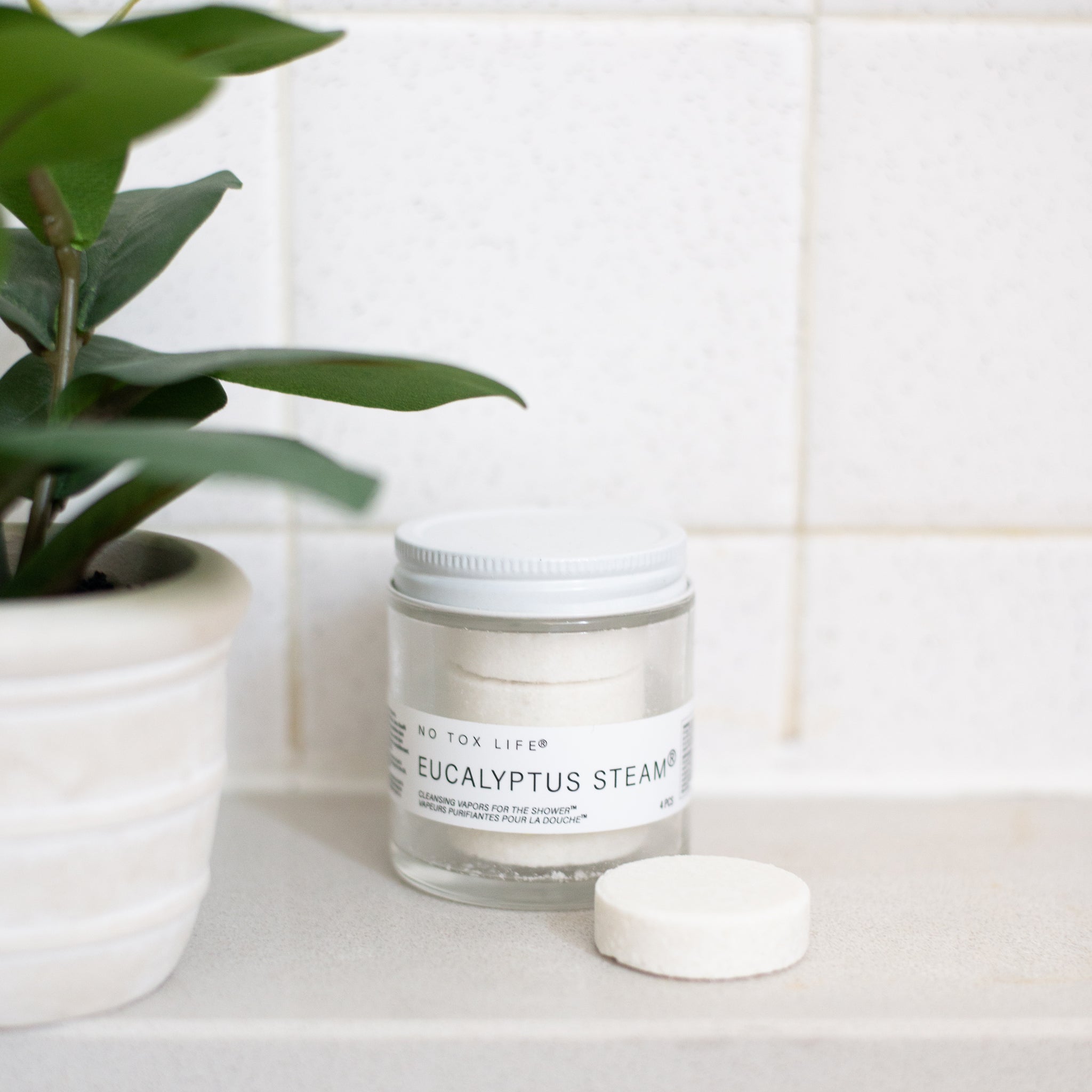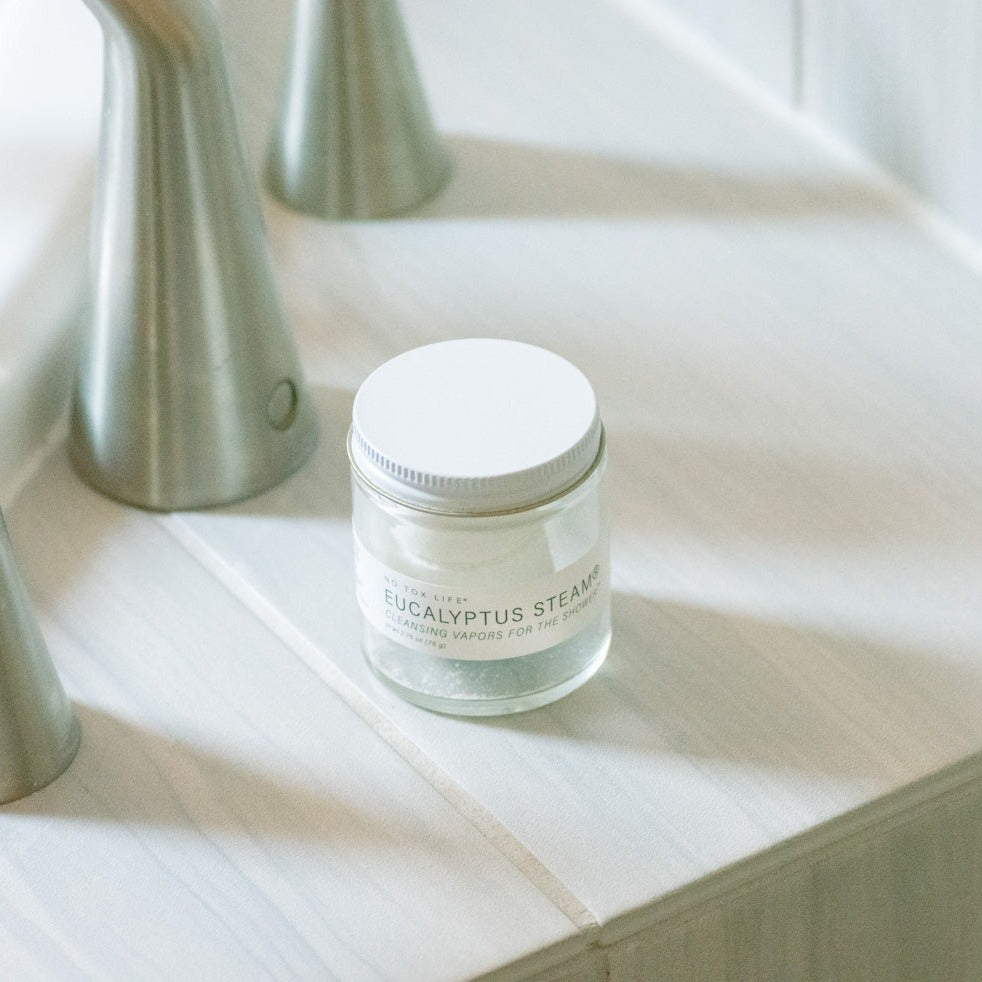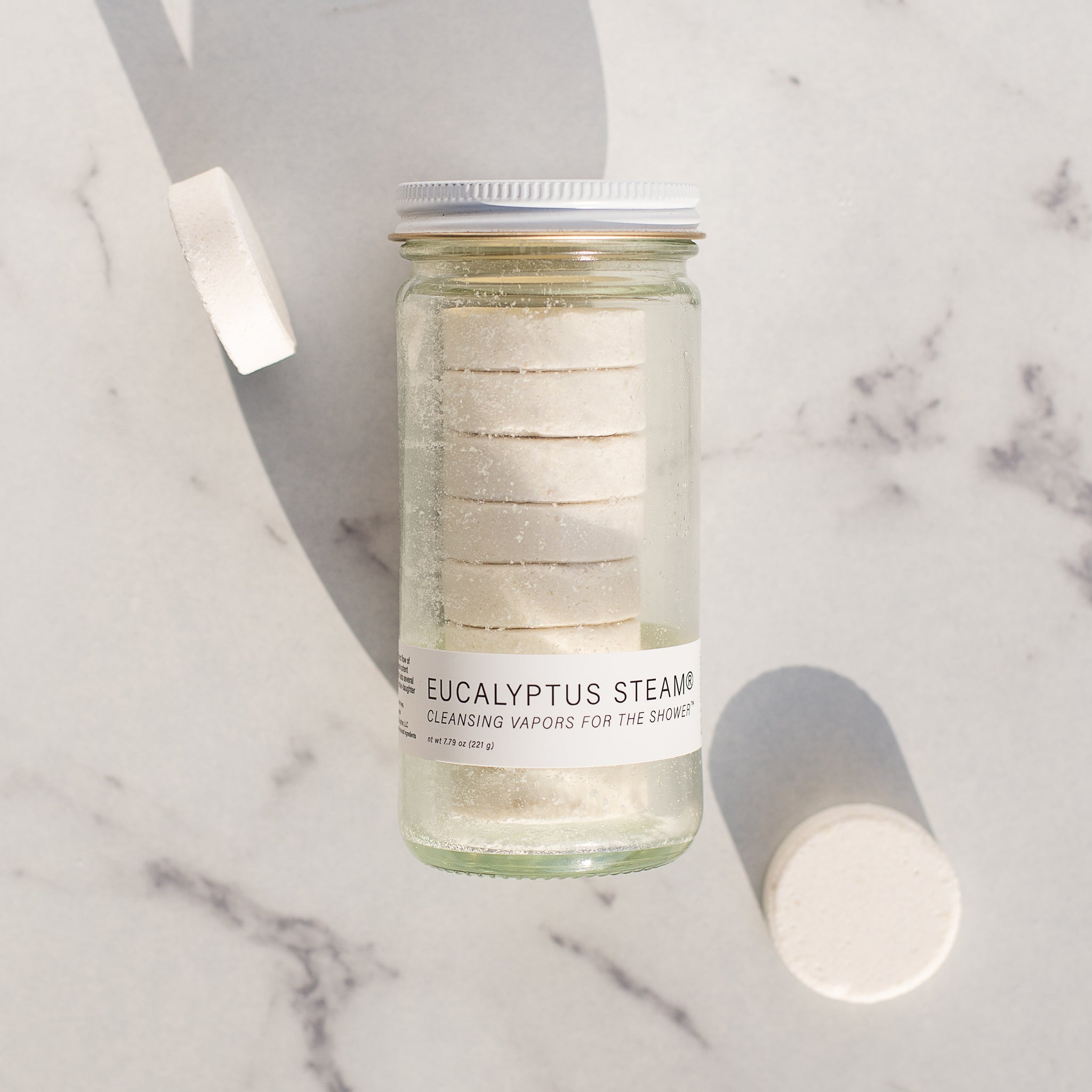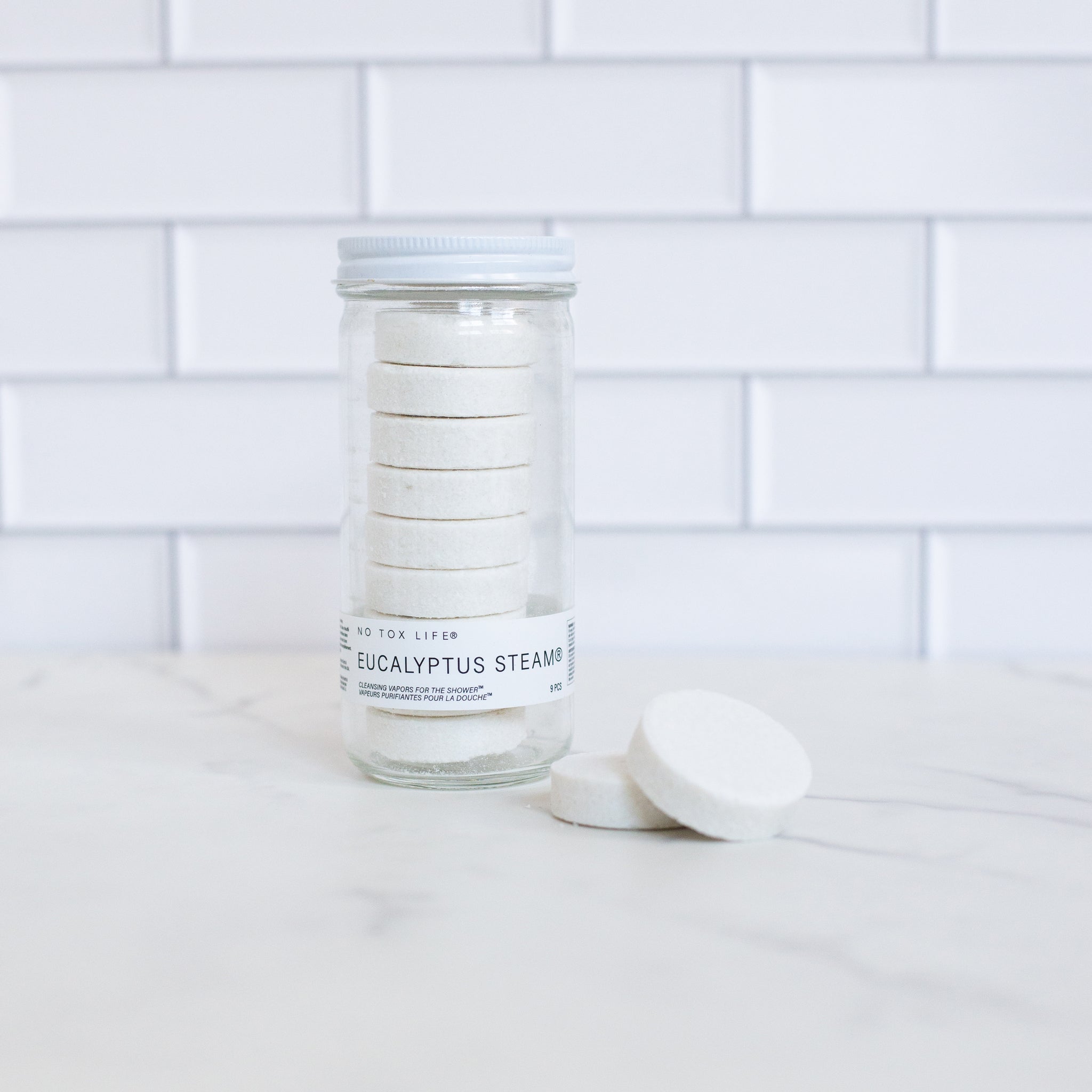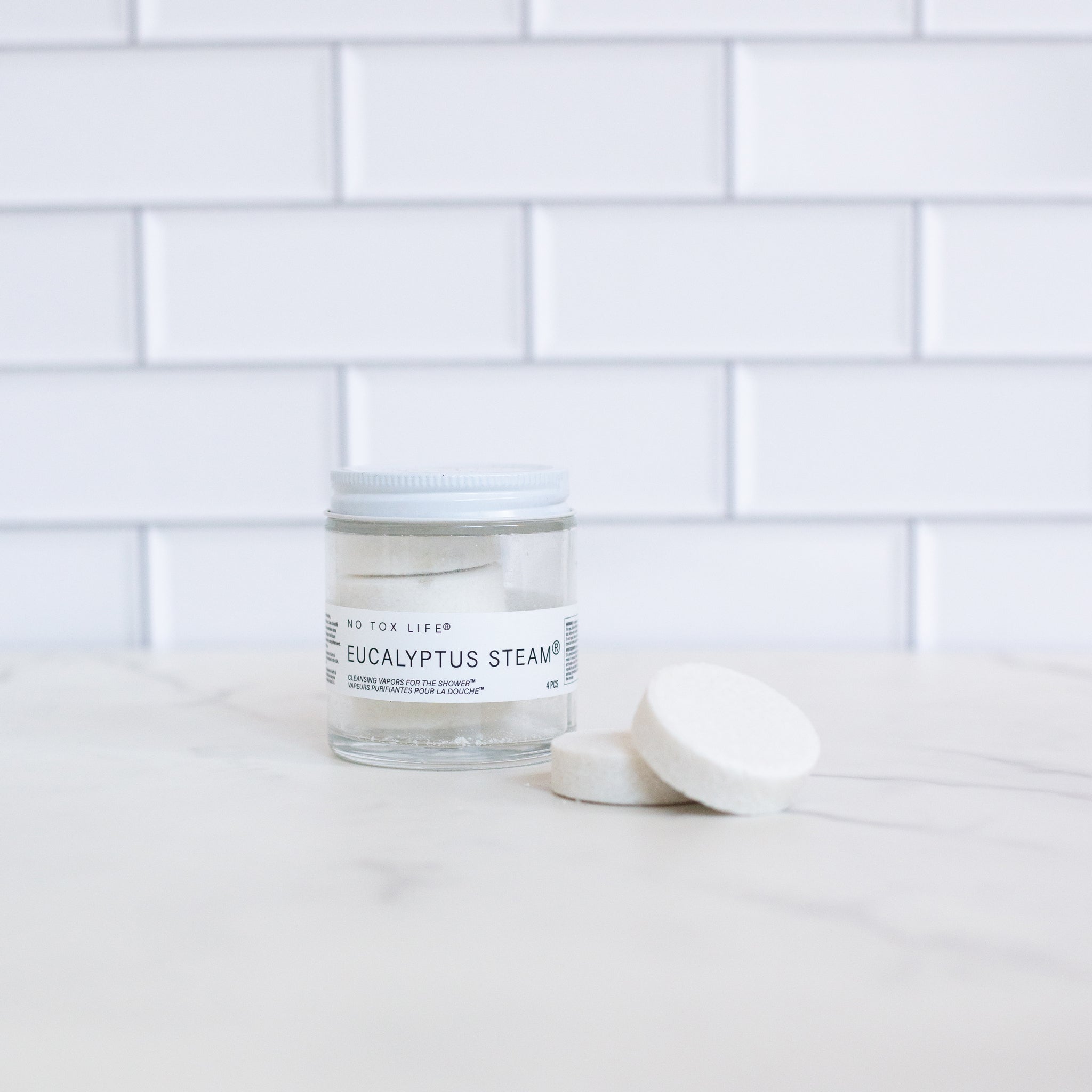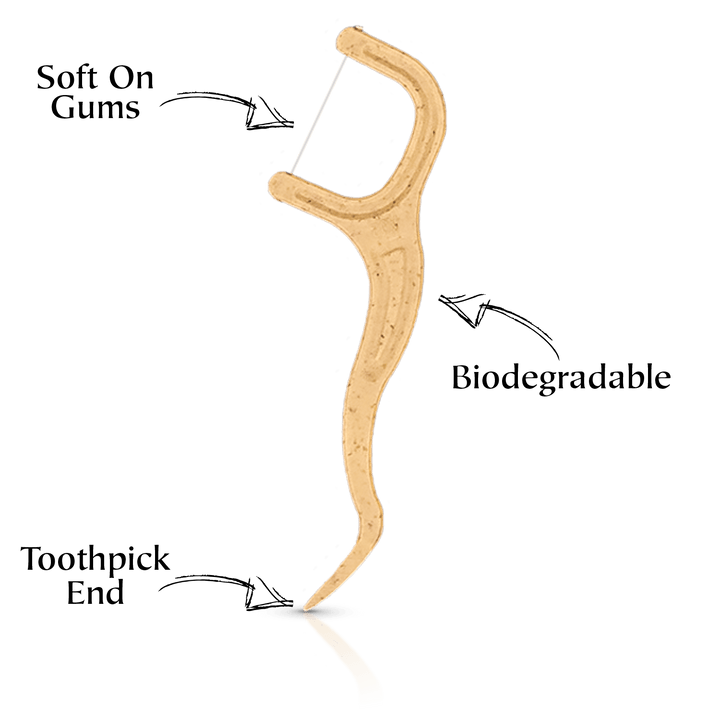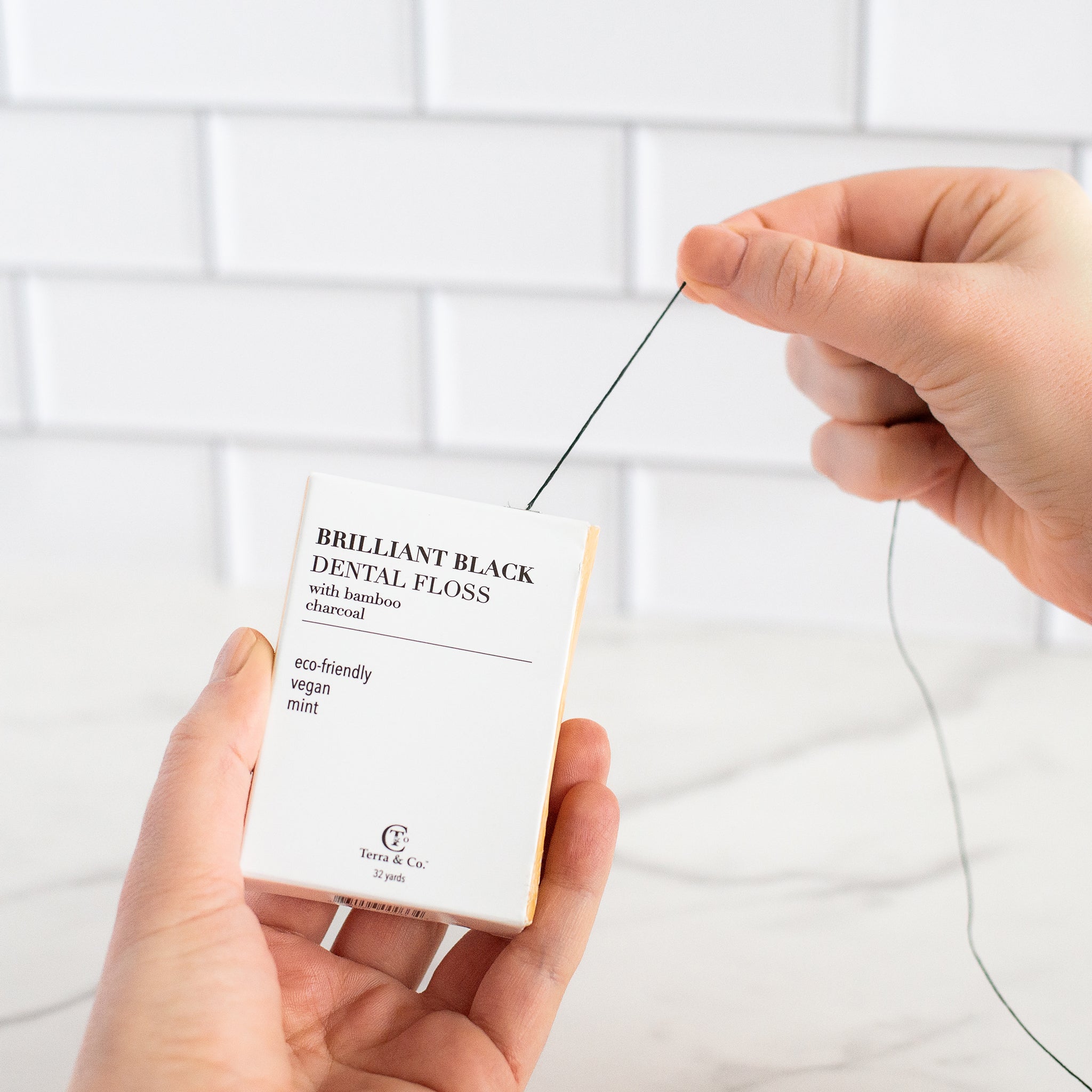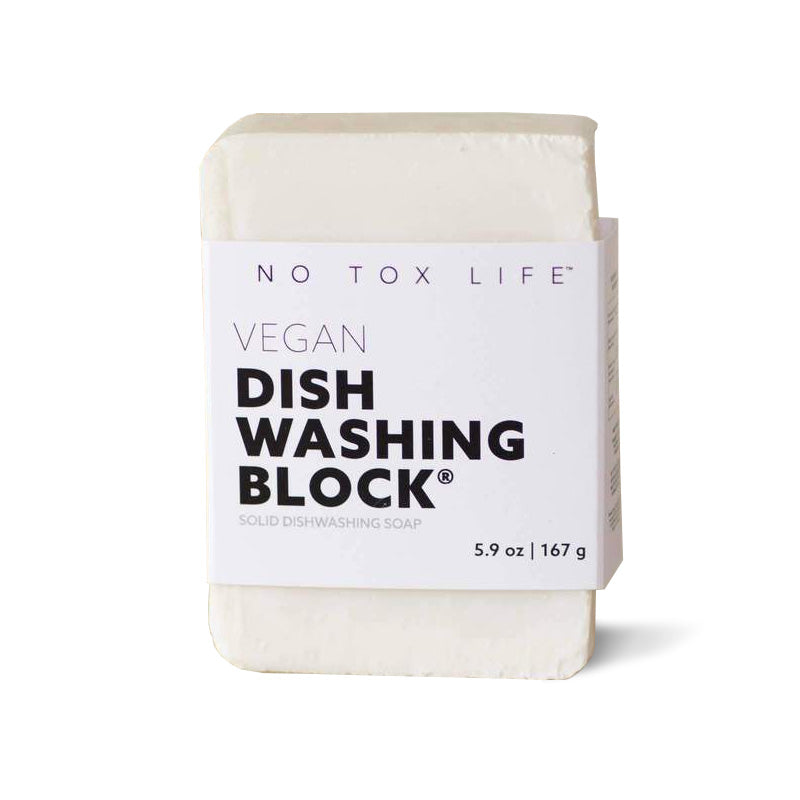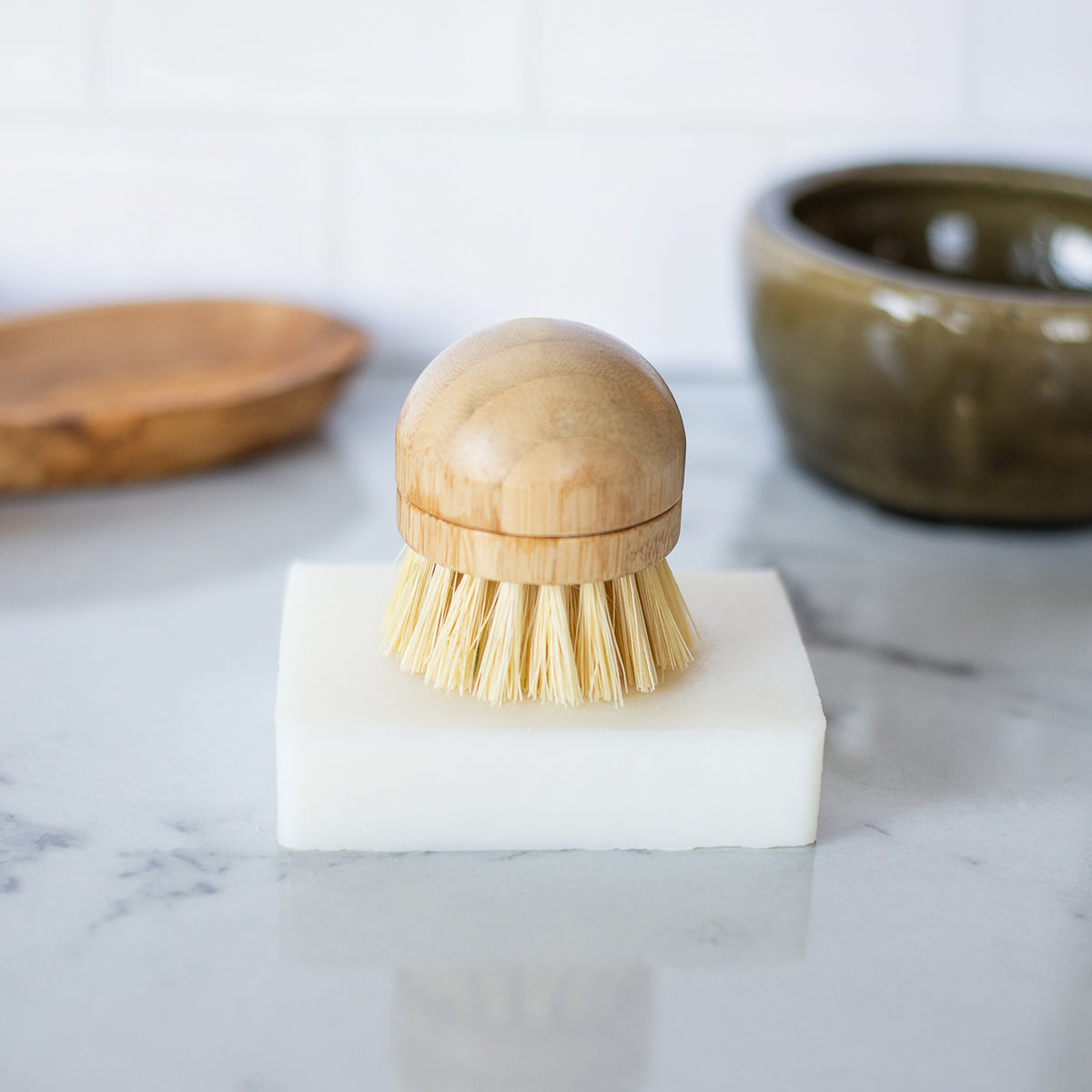Nonrecyclable Plastic You Say? This Startup Says Otherwise
People have become more eco-conscious in recent years, and there are more opportunities to make better decisions when it comes to the products you buy and how you spend your money. While this progress is a great thing, most plastic products are still single-use.
Each year, the US generates 42 million tons of single-use plastic alone, of which less than 9% is recycled. While the US, and elsewhere in the world, must drastically cut down on the production of single-use plastic (‘turn off the tap’), ByFusion, an LA-based startup, has its own ideas on how to change things.

Living in a Lego World
Imagine plastic building blocks – have you imagined a Lego block? If so, you’re not alone, and it’s not all that far from what ByFusion is creating.
ByFusion turns plastics (even non-recyclable ones) into building blocks that can be used in almost any form of construction. They use a manufacturing process that combines steam and compression to soften plastics and compress them into dense blocks which can be used to build fences, bus stops, retaining walls, and more.
The blocks, like lego blocks, fit together using pegs so they interlock, though they also produce flat versions so builders can mount other components on them, when necessary. The standard size blocks are 16x8x8 inches, but they’re working on producing smaller versions.
The machines they use are called “Blockers”, which take in a feed of plastic and produce these useful blocks, and each Blocker can process 450 tons of plastic each year.

100+ Tons of Plastic Recycled
In their short time in business, ByFusion has already recycled over 100 tons of plastic, and they’ve got big goals: they aim to recycle 100 million tons of plastic in the next 8 years.
ByFusion has already attracted interest from a list of forward-thinking cities including Tucson (Arizona) and Boise (Idaho), where the blocks have been used to create shelters in one of their local parks. On the Hawaiian island of Kauai, ByFusion worked with an elementary school to build a pavilion with blocks made from fishing nets and marine debris they collected locally.
ByFusion doesn’t want to have a monopoly, either – their goal is to get a Blocker into the hands of every city in the US.
Lighter and More Durable Than Concrete
Not only are ByFusion’s blocks eco-friendly, but they’re also 10lbs lighter than concrete, and more durable than hollow cement blocks, which are the standard blocks used for many building projects.
These blocks can be clad with other materials or left exposed, provided the plastic is covered with a protective layer if exposed to the sun.
The good news is that ByFusion can work with almost any type of plastic, the only type of plastic it really can’t work with is styrofoam. There are no harmful adhesives involved, either, because the plastics are melted and fused together, rather than glued. This method of manufacture means there’s no waste produced whatsoever – 20lbs in will produce 20lbs out.

Blockers Can Be a Part of the Solution
Tackling the massive global plastic problem will require a multi-faceted approach, including better education and options for citizens. However, each Blocker can process between 30 and 90 tons of plastic per month, which in the hands of every major city in America, could make a huge difference.
The smaller Blocker is the size of a shipping container and can process 30 tons of plastic a month, while the larger size is floor-mounted and can process 90 tons. The machines don’t come cheap, however, with the larger one costing $1.3M. (Blockers can also be rented, which starts at $280,000 per year.)
That said, recycling and waste management come with their own set of costs, many of which taxpayers are unaware they are paying for. Over the long term, Blockers could be a cost-effective solution for cities that help reduce waste and produce sustainable building materials for both public and private spaces.










































































